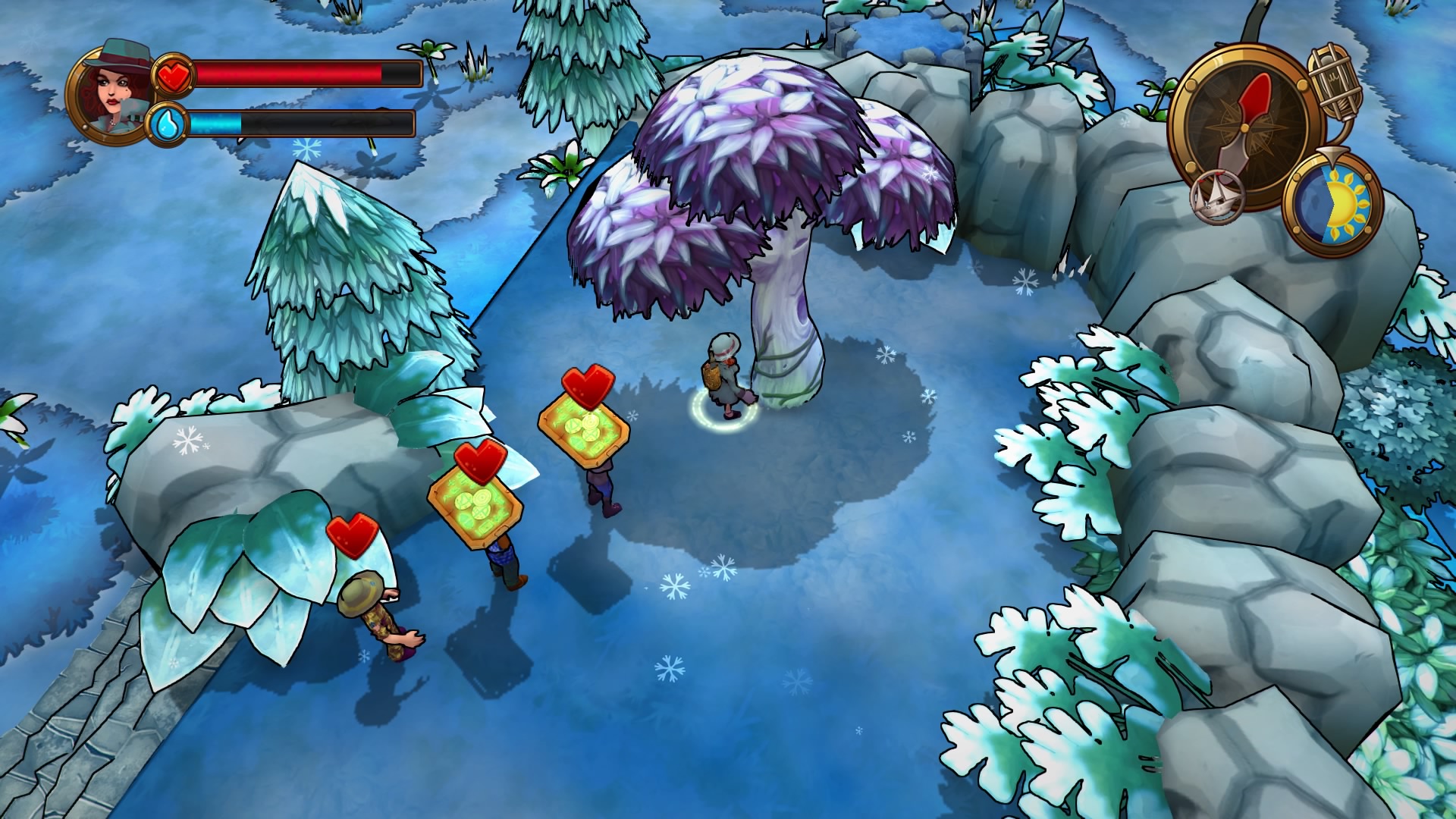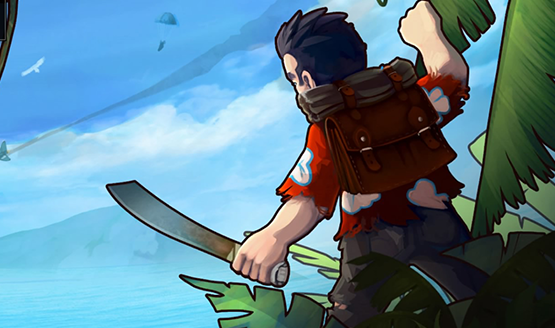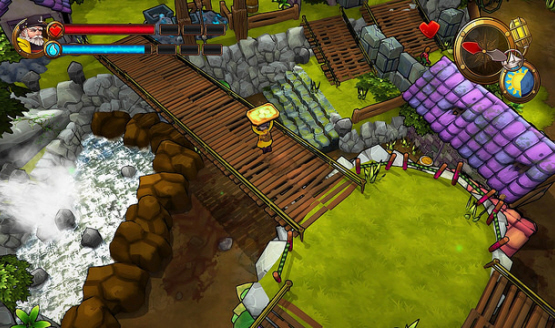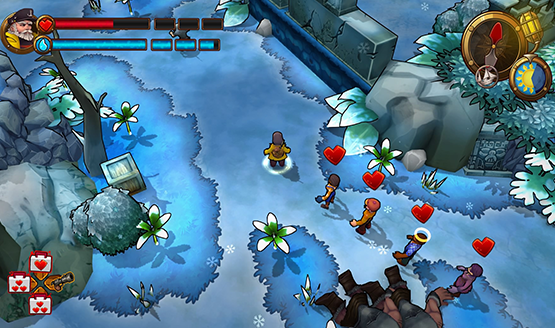The Bermuda Triangle is woefully underutilized as a narrative platform for games, with Dark Void being the only one that I can think of off the top of my head (and let’s be honest, why am I even thinking of that game?). I had no idea what I was getting into with Lost Sea, except that it was a cel-shaded isometric hack and slash game about being lost on a series of islands in the Bermuda Triangle. Imagine my surprise to find out that it’s a hybrid roguelike — a genre that I have a love hate relationship with. That is, I love to hate myself while I submit to the torture that roguelikes offer.
The roguelike genre is loosely characterized by randomized (or procedural) levels and permadeath of the main character. Essentially it’s a game where you start completely over when you die, and the next experience won’t be the same as the last. Recent notable titles following this formula include Spelunky, Don’t Starve, and a personal highlight of delightfully wonderful pain for me, Rogue Legacy.
In Lost Sea, you are the unwitting hero crashed in the Bermuda Triangle, and it’s your task to escape. Through some kind of mystical Bermuda Triangle voodoo, you can only move to new islands by collecting magic tablets to progress through the chain of islands in each region. Each tablet rolls a specific number, lending a very, very (did I mention “very?”) light boardgame style element to the overworld. Each island has a difficulty rating, so the more tablets you collect, the more chances you have to select an easy island to sail to rather than a hard one. I would have liked some kind of expansion to this overworld system as it has the potential for a lot of interesting gameplay elements and strategies.
At the end of that chain of islands, you’ll face a boss — an increasingly more difficult battle with a pirate captain and his creepily adorable squidlike henchmen– before moving into the next region, which environmentally amounts to a palette swapped version of the swatches of level layouts you’ve already seen. The monsters do change their mechanics as you progress, so the game becomes a teetering learning process, with the risk increasing the longer you play. As one learns the level node layouts though, things start to look more and more monotonous, and without modifiers, each new region becomes a different colored version of the last, albeit with slightly tougher enemies.
Avast, To Me My Crew!
Along the way, you can recruit crew members that you find on the island to follow you around. Each have unique abilities like picking locks, increasing experience gain, or reviving you when you die. Early on the decision of which crew member to choose is a tough one. Take the guy with the revive ability, or the woman that increases the damage of your attacks? As you collect gold and experience, you gain the ability to unlock new upgrades like four crew member slots, which significantly reduces the decision making process later in the game. But as with most things in roguelikes, once you’re dead, that progress is lost, and you’ll start all over, with a nice little severance bonus of gold and experience depending on how many tablets you collected.
Gameplay works well enough, even if it does get repetitive exploring the islands. Monsters each have patterns to learn, and after a few times of failing and restarting, I managed to get into the swing of things and get a nice three and a half hour long run, making it all the way to the fourth zone (snow) before making some stupid mistakes against a metal dinosaur looking monster and succumbing to the impending fate that had my hands sweaty for most of that time. All of my upgrades and progress washed away because I got a little too comfortable and overconfident. The punishing nature of roguelikes wins yet again.
Alright. Time to start anew then. Though the game gives the ability to warp instantly to a new region once you’ve discovered it, I was determined to make a full run from the beginning. Getting a healthy headstart with gold and experience from my previous progress, I played for more than two hours, making it into the swampland area, obtaining most of the abilities and upgrades. Then it was time to take a break (I mean, I had been punishing myself for hours already). Silly me, I shut down the application, instead of just rest mode, and there is no progression save. So even though I hadn’t actually died, turning the console off was the worst monster of all, and ended me faster than yetis, goblins, and a raging pirate captain could.
Islands of Redundancy
Here’s my mistake: I made an assumption. An assumption that many other players are apt to make. An assumption based on games of a similar nature. Based on roguelikes (and basically every other console title) that will allow you to save mid game and return to it later. Games like Don’t Starve or Rogue Legacy. I suppose Lost Sea does this to prevent save file exploits, but any kind of warning early on that the entire game has to be played in a single sitting would have been nice. This means that Lost Sea is not a game to be played when you don’t have a few hours of free time at least, hours that start to chip away at the delightful roguelike exterior and reveal some real problems bubbling just beneath the surface.
The point of a roguelike being procedurally generated is to give a different experience each time you play. Rogue Legacy does this by giving each new generation of hero some different traits and modifiers. Don’t Starve follows a similar vein using unlockable characters. The cast of heroes in Lost Sea only have cosmetic differences. Each one plays identically. Perhaps giving each character differing abilities could increase the reply value of the risk/reward system of gameplay? Without different abilities — even with procedural maps — Lost Sea begins to get really repetitive.
The other major problem with Lost Sea is its crew AI. Early on it doesn’t present much of a problem, but as I gained more followers, I started to find that they would get stuck behind rocks and trees, requiring a significant amount of backtracking to find the dumb guy who was carrying the ever so important stone tablet. They also tend to put themselves right into harm’s way when monsters are around, most noticeable to me with the swamp zone’s frogs that leap right onto them. I had never had a crew member die until I came across those damn frogs. At that point I was losing them left and right. There are also some clunky mechanics with the crew members menus that only add to the frustration.
Lost Sea harbors (see what I did there?) a good idea and bright visuals with flawed execution. Although roguelikes are inherently designed to be somewhat repetitive, each one often has a hook that helps it to be more than just its basic design. Lost Sea never expands on its primary structure to give players much incentive to return and try to make it further. Add in having to manage the life of the crew — which could have been a good hook, given better risk/reward and AI — and Lost Sea seems more chore than challenge; a tightly locked coffer filled with possibilities. But what good is a treasure chest if the seal remains shut, even if it does look really good?
Lost Sea review code provided by publisher. Reviewed on PlayStation 4. For more information on scoring, please read our Review Policy here.
-
Gorgeous cel-chaded visuals
-
Fun roguelike hack and slash gameplay
-
Gets very repetitive very quickly
-
No mid-progression save
-
Crew AI is terrible
-
A lot of underutilized elements that could have been elaborated on
Lost Sea Review
-
Lost Sea Review
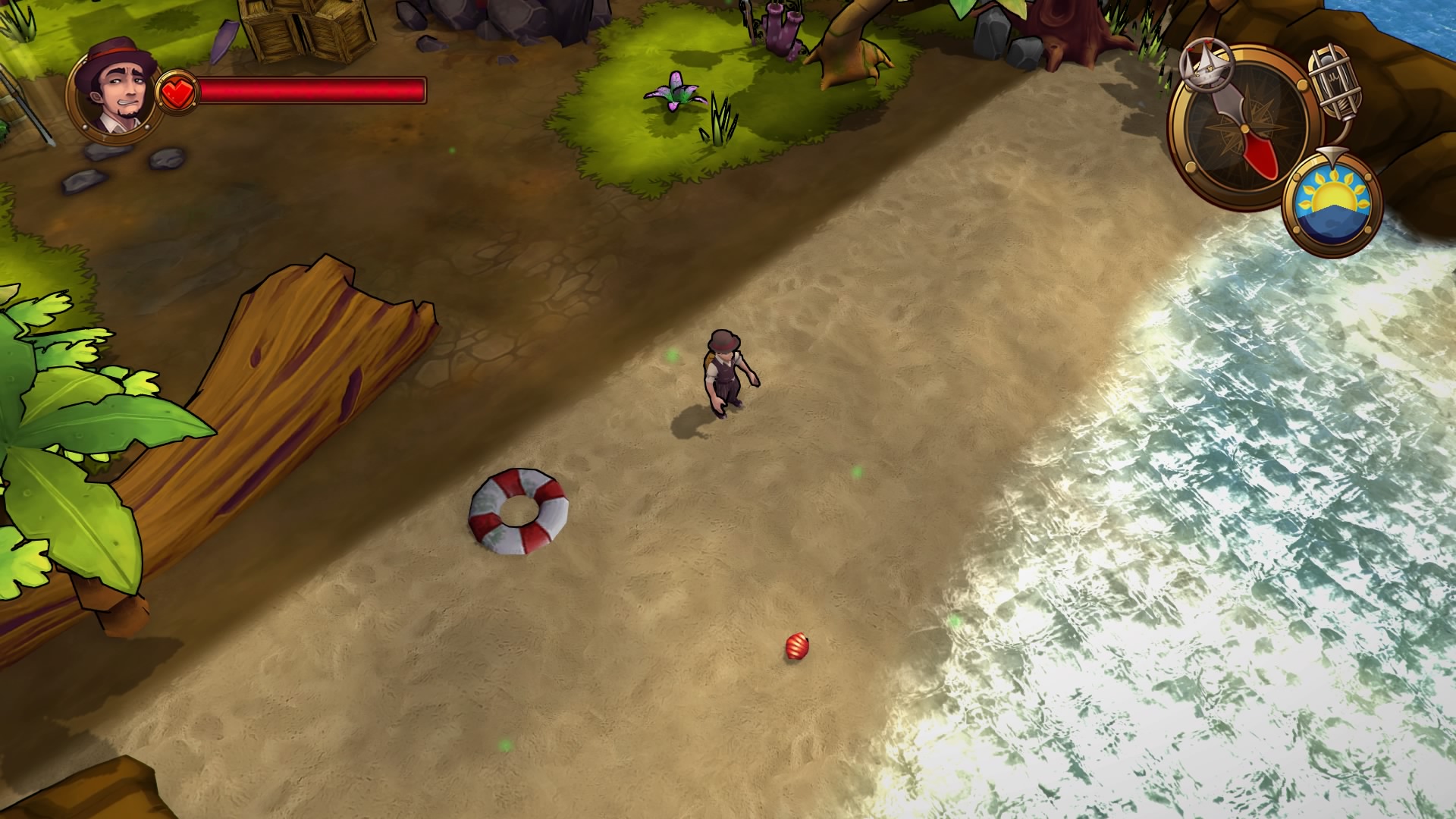
-
Lost Sea Review
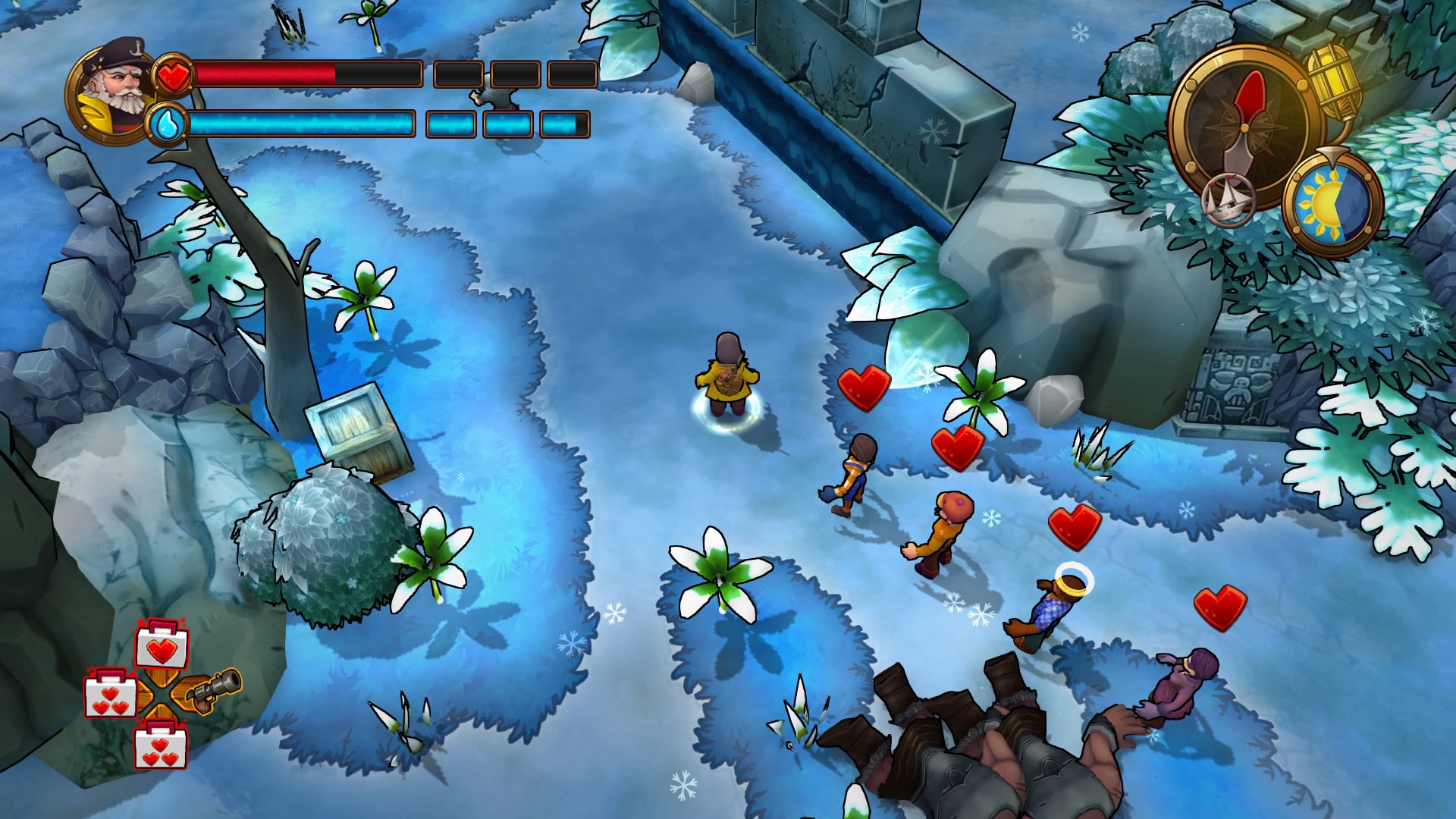
-
Lost Sea Review
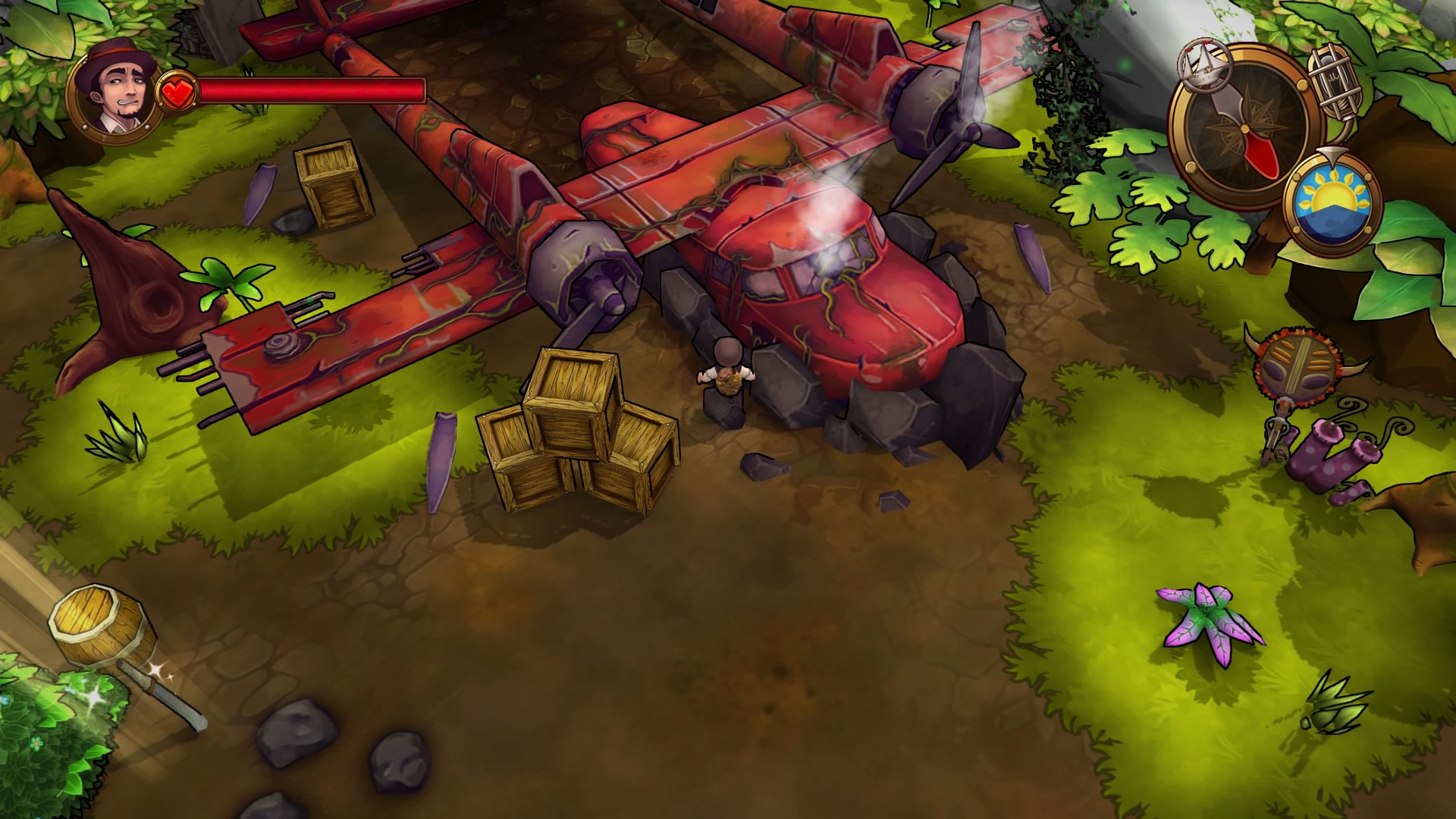
-
Lost Sea Review
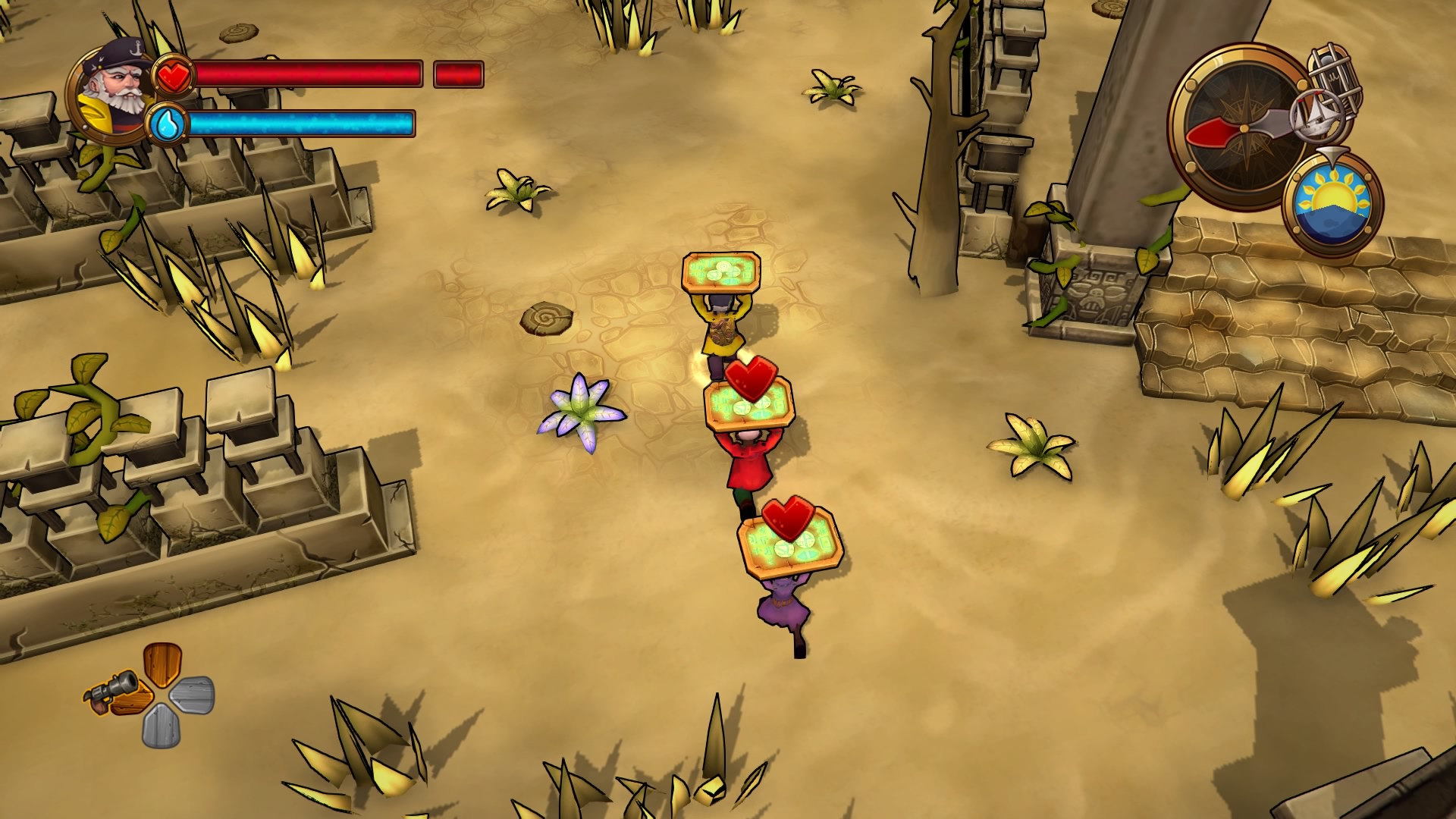
-
Lost Sea Review
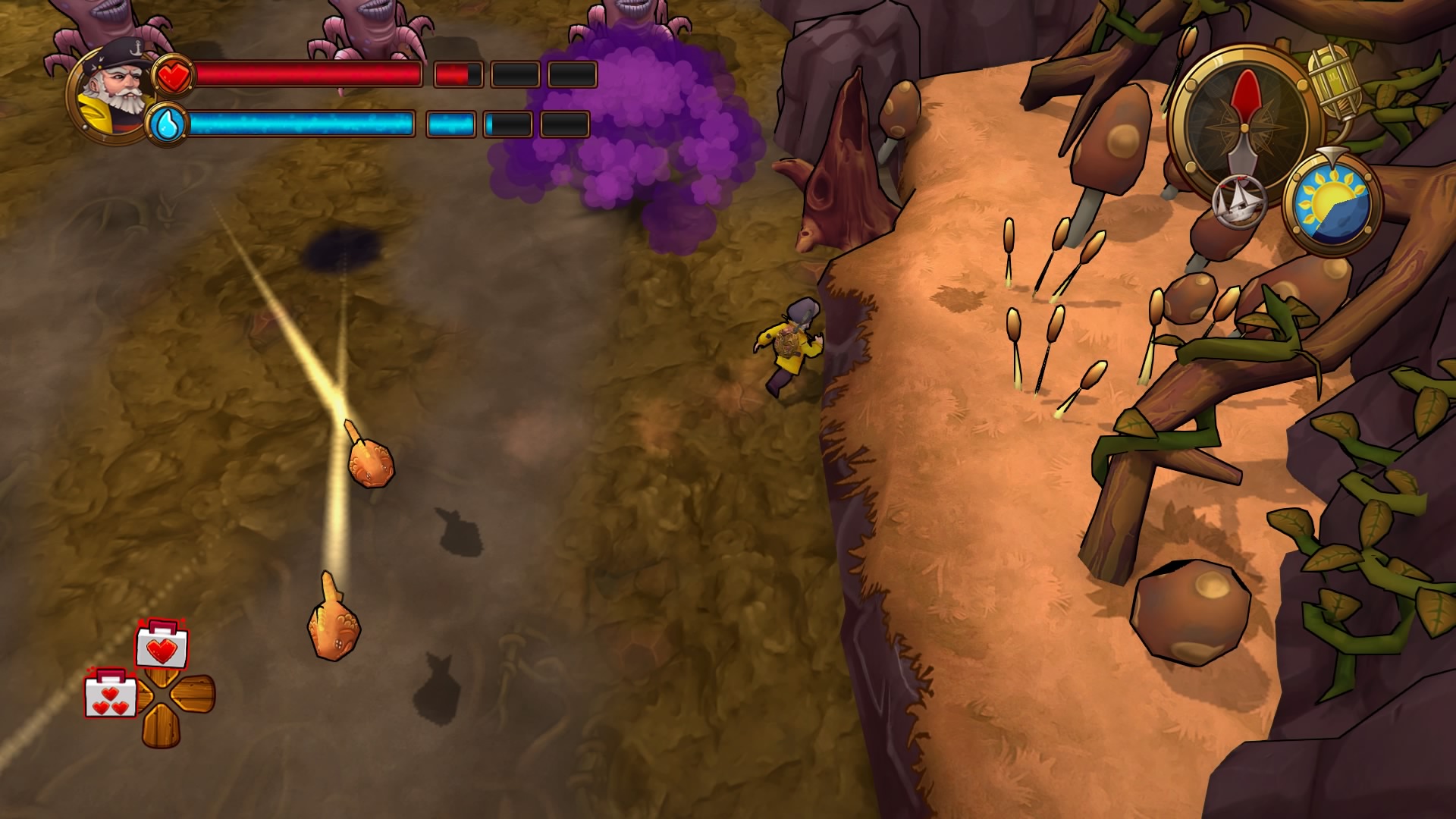
-
Lost Sea Review
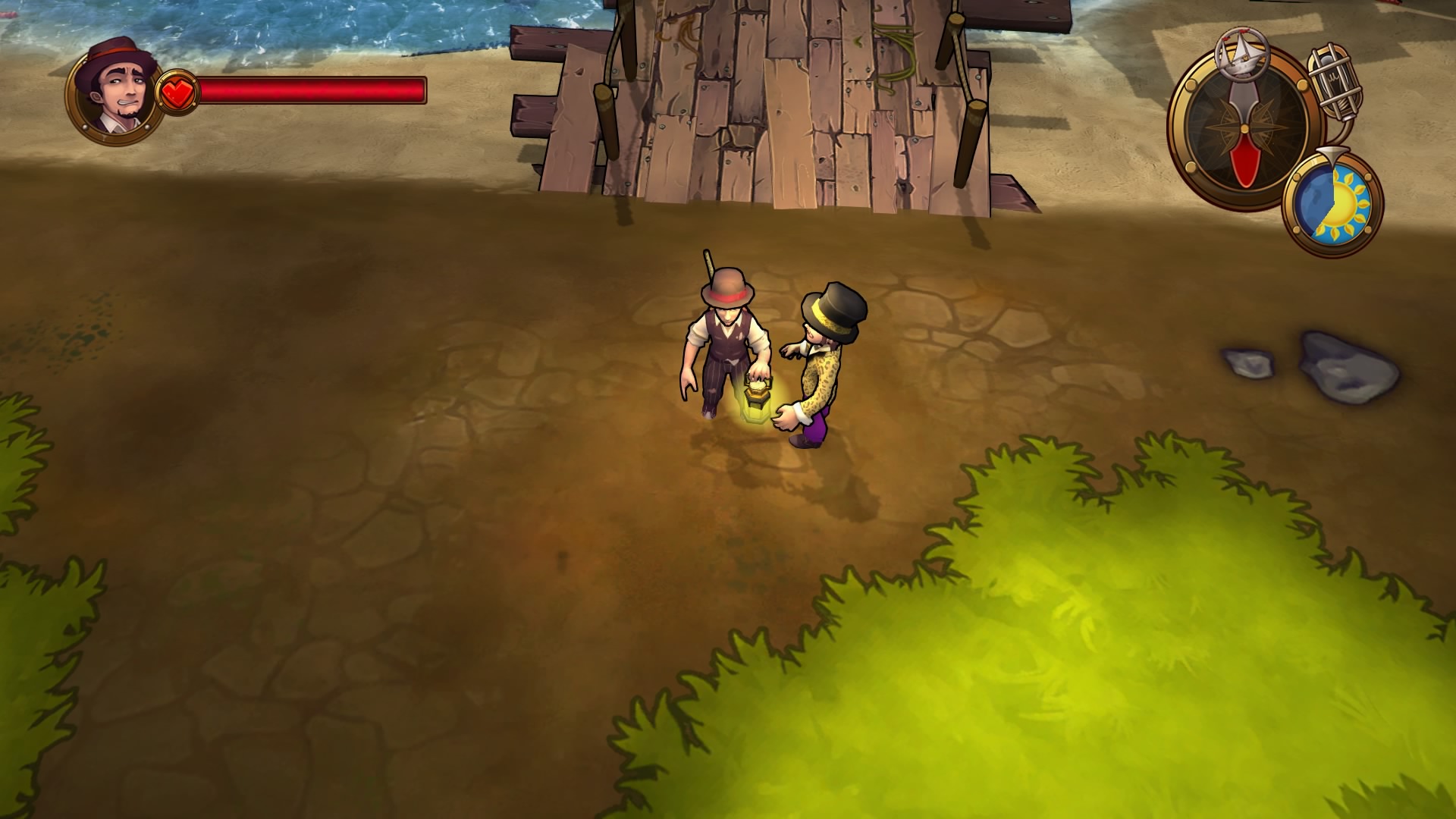
-
Lost Sea Review
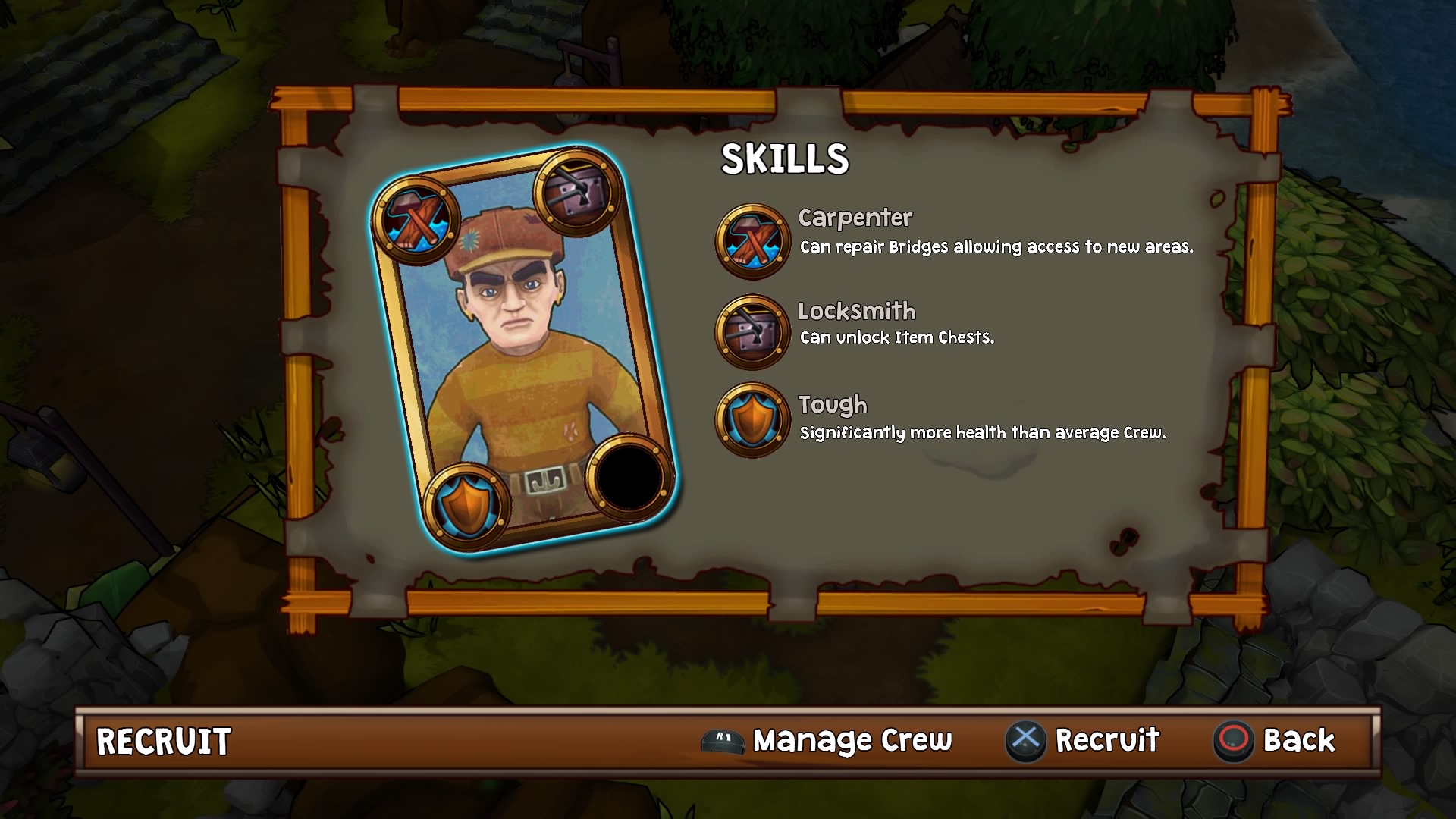
-
Lost Sea Review
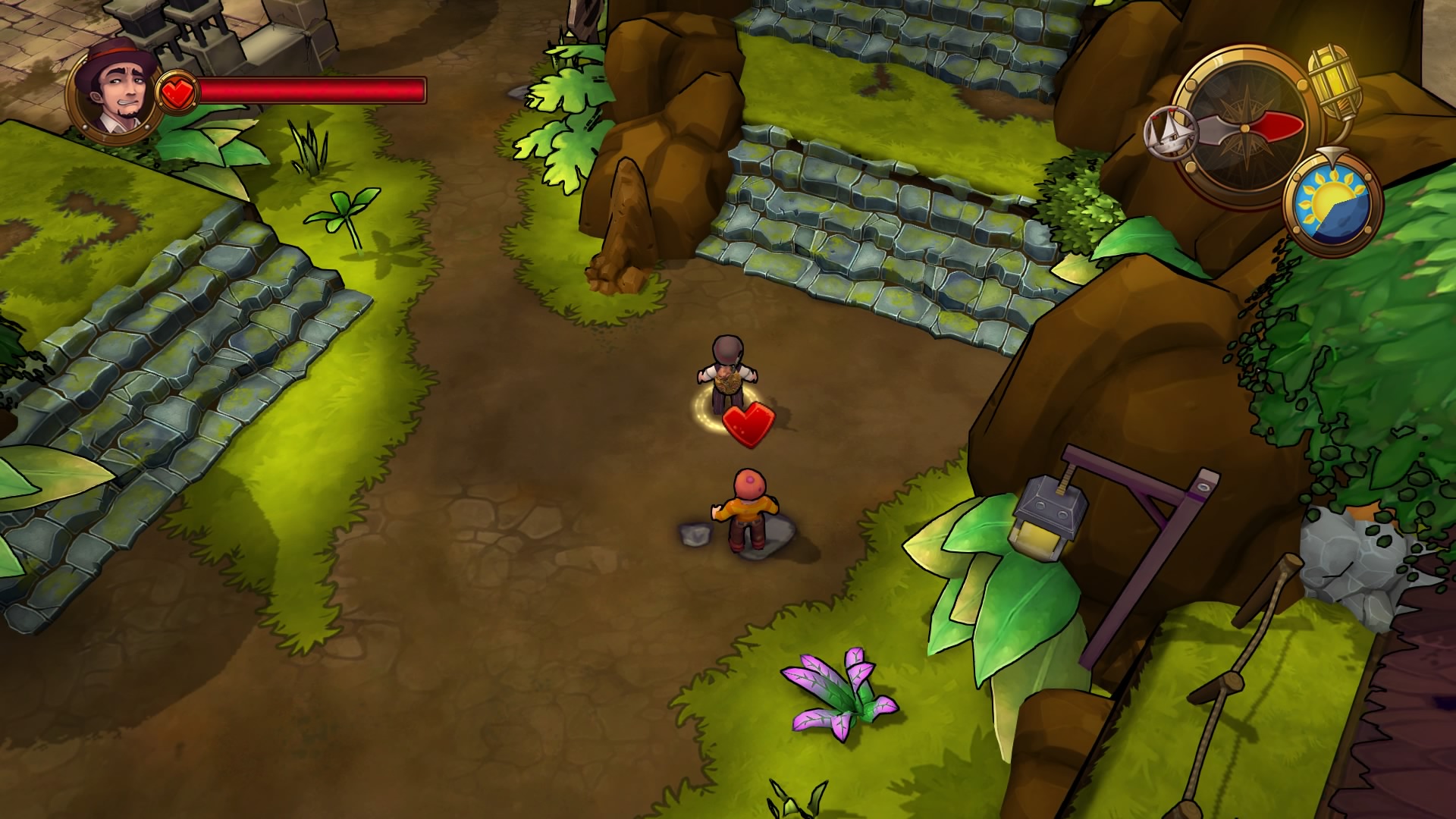
-
Lost Sea Review
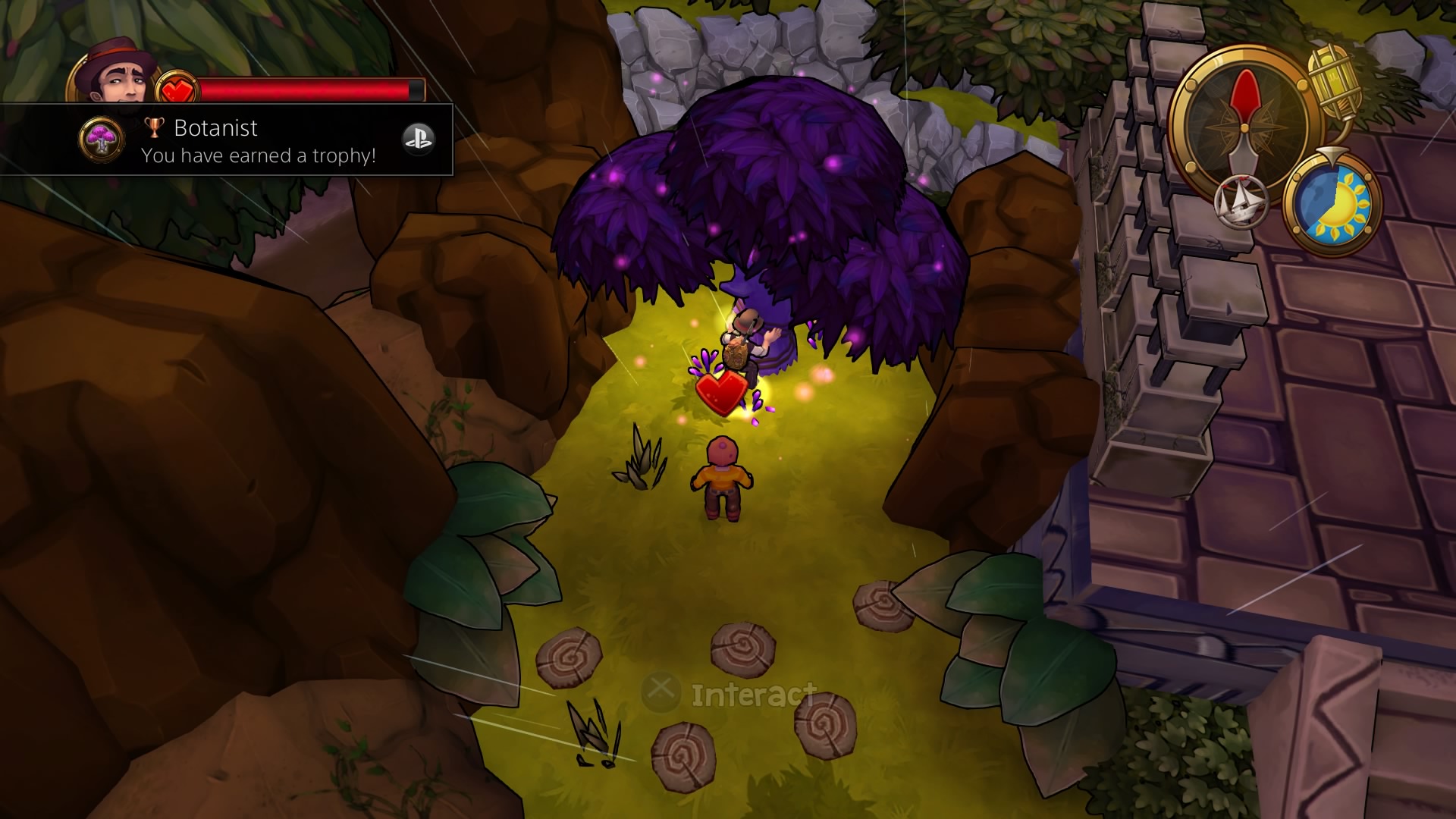
-
Lost Sea Review
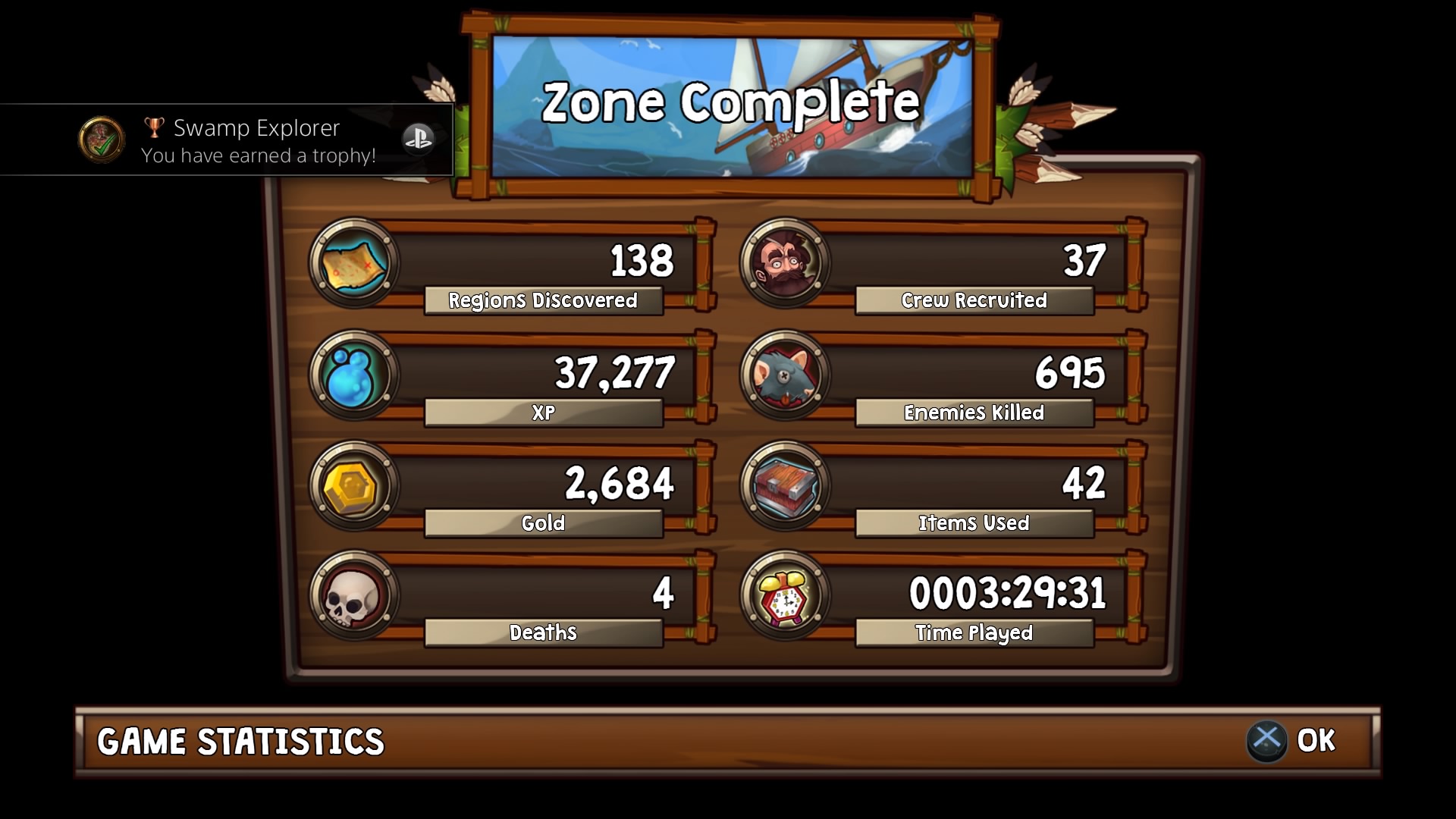
-
Lost Sea Review
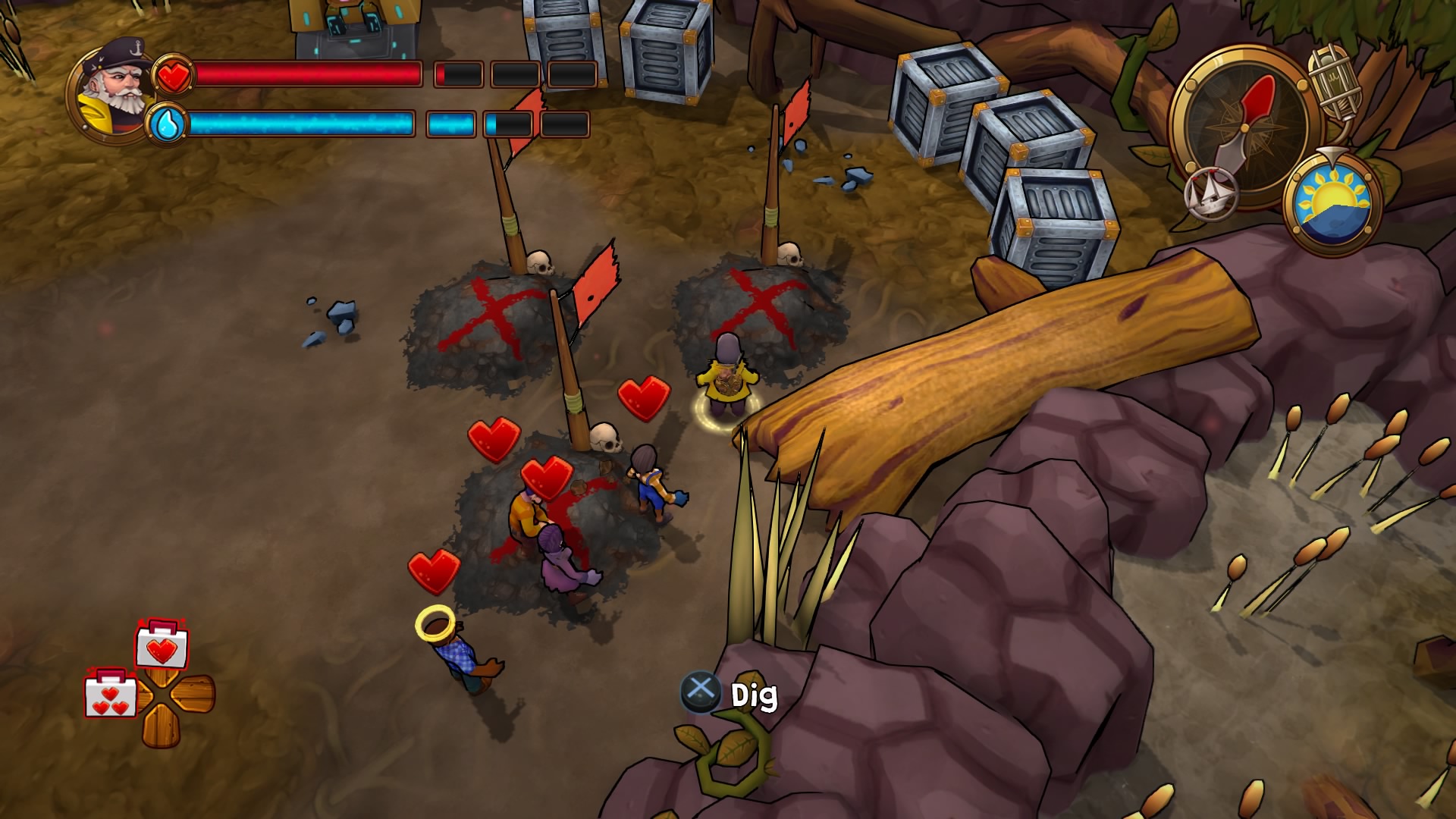
-
Lost Sea Review
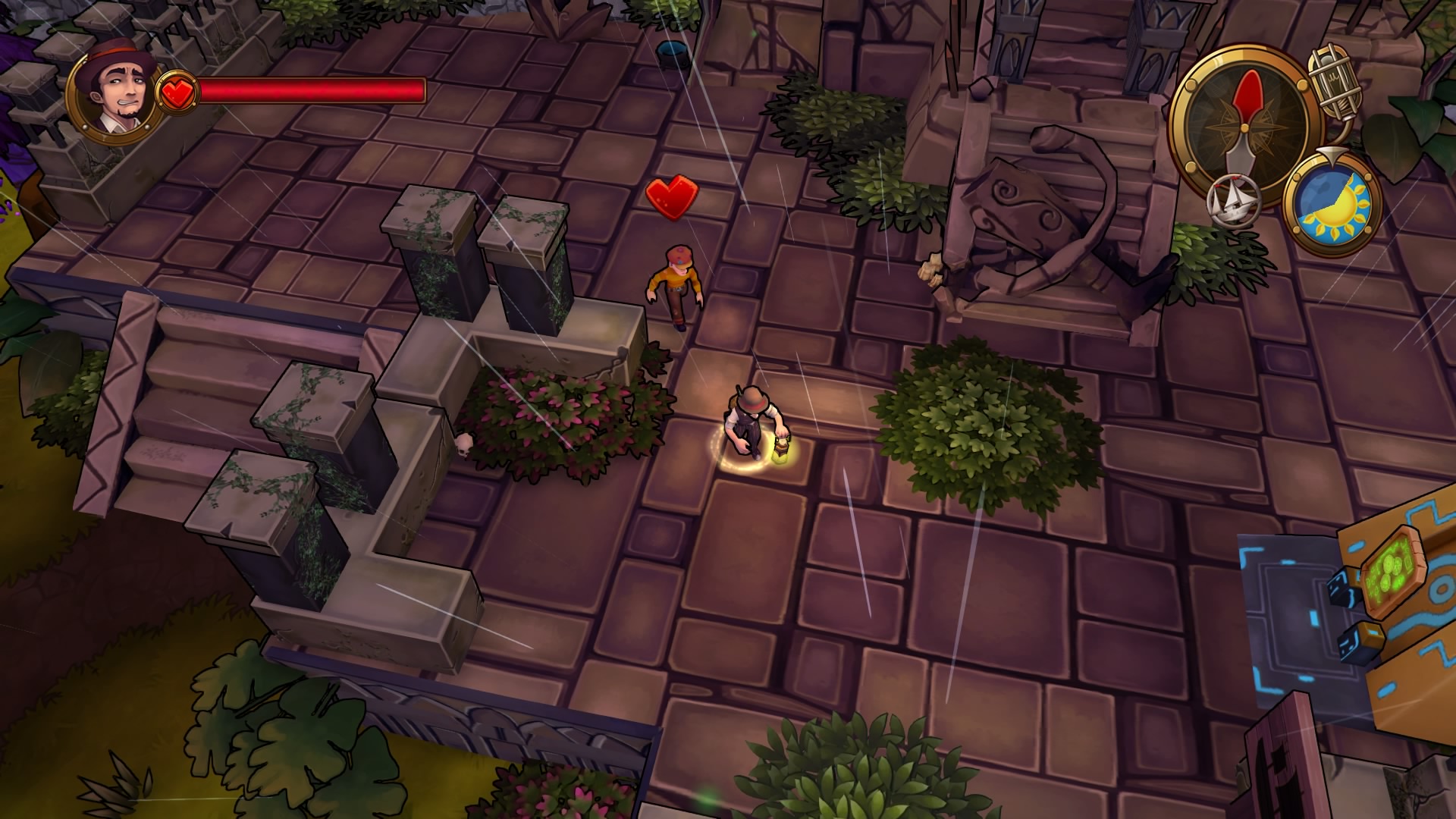
-
Lost Sea Review
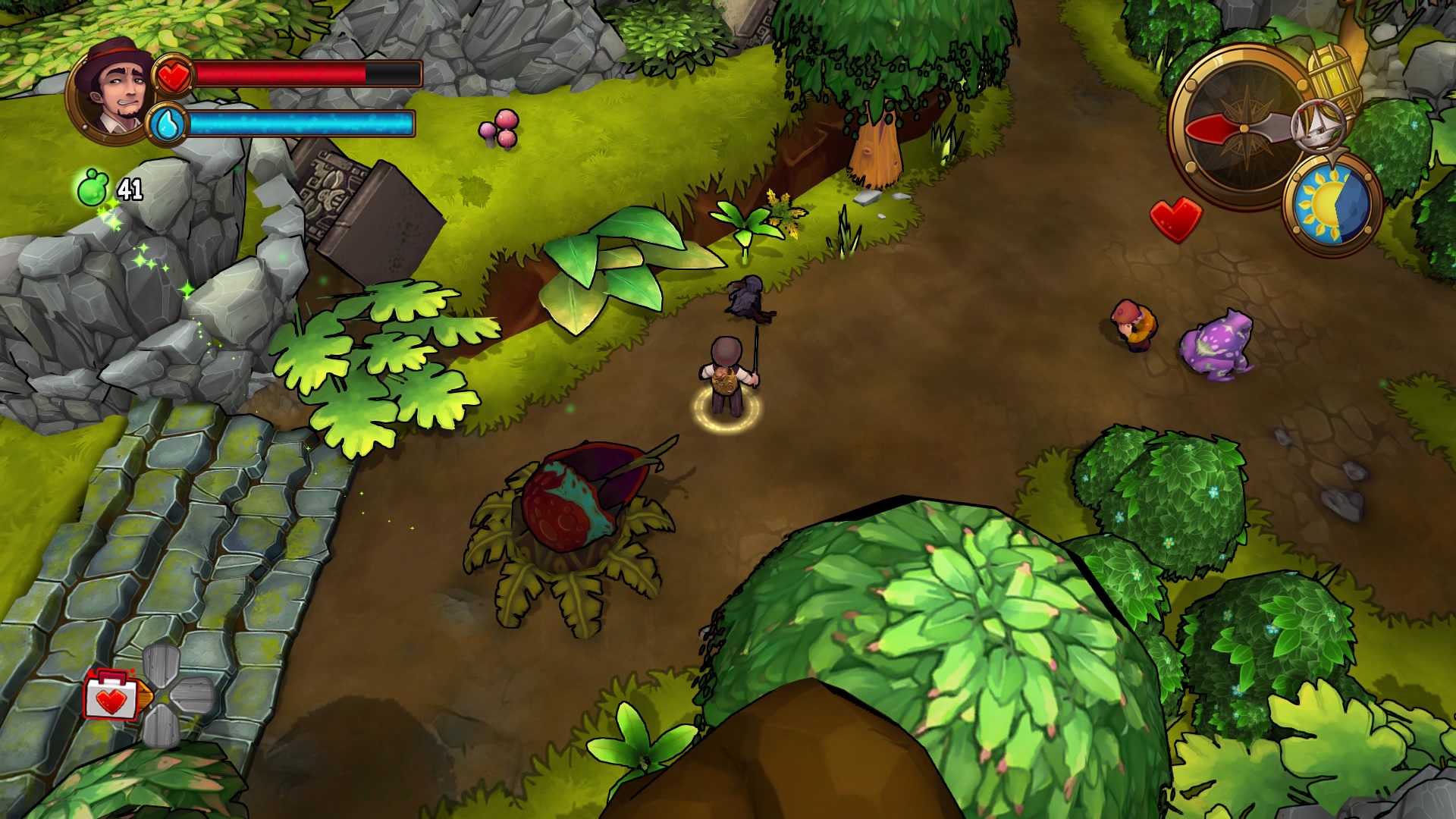
-
Lost Sea Review
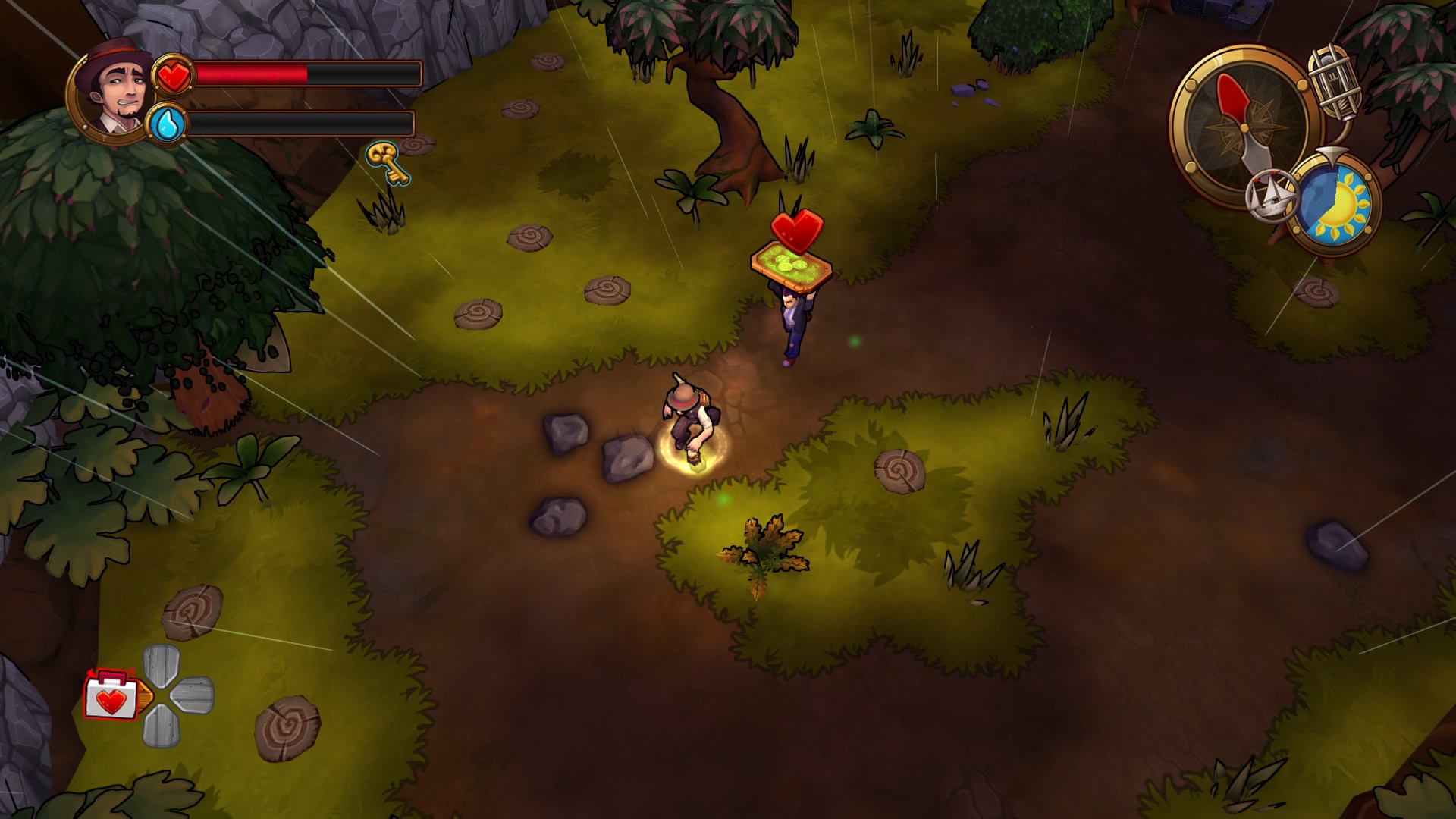
-
Lost Sea Review
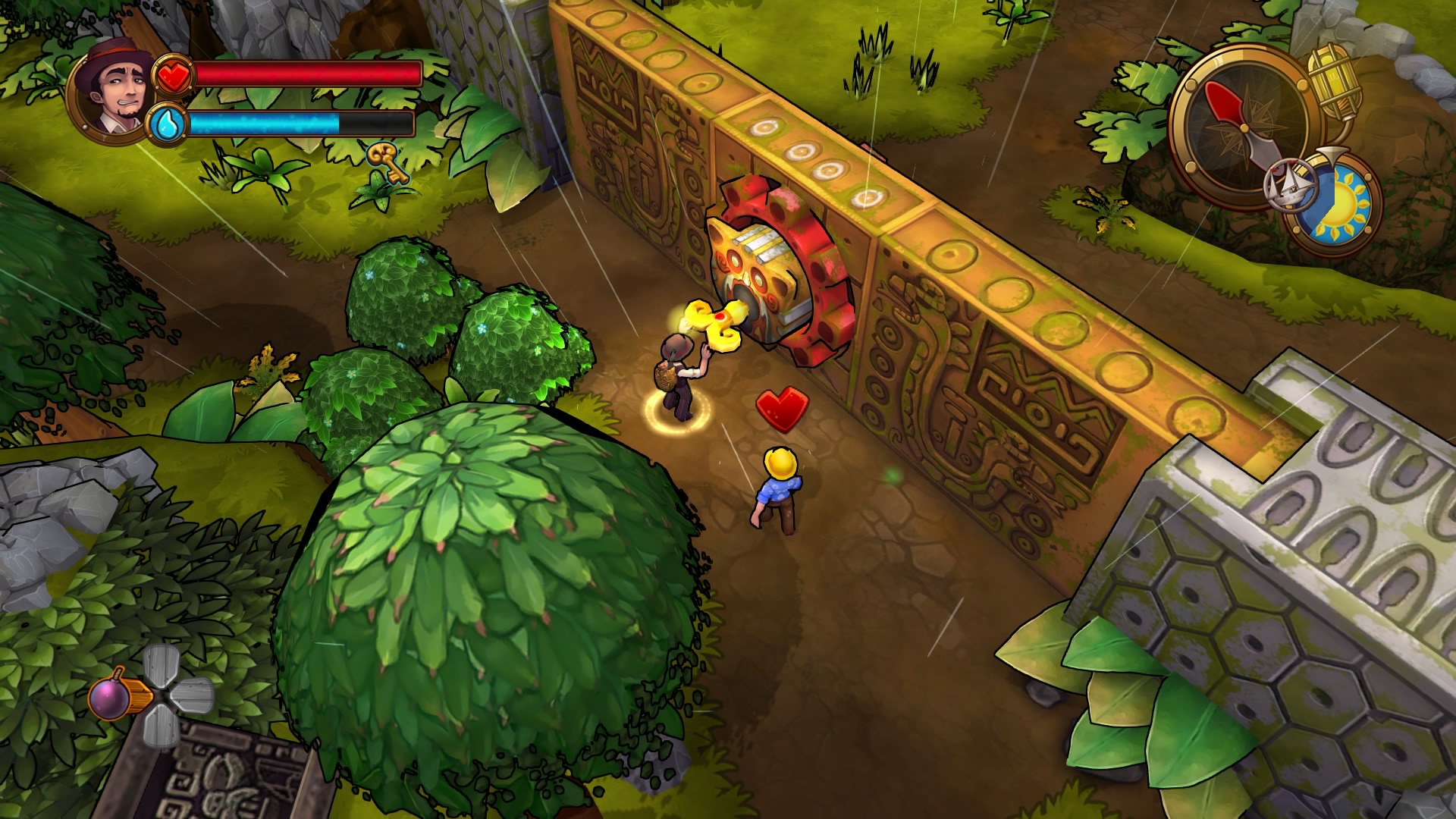
-
Lost Sea Review
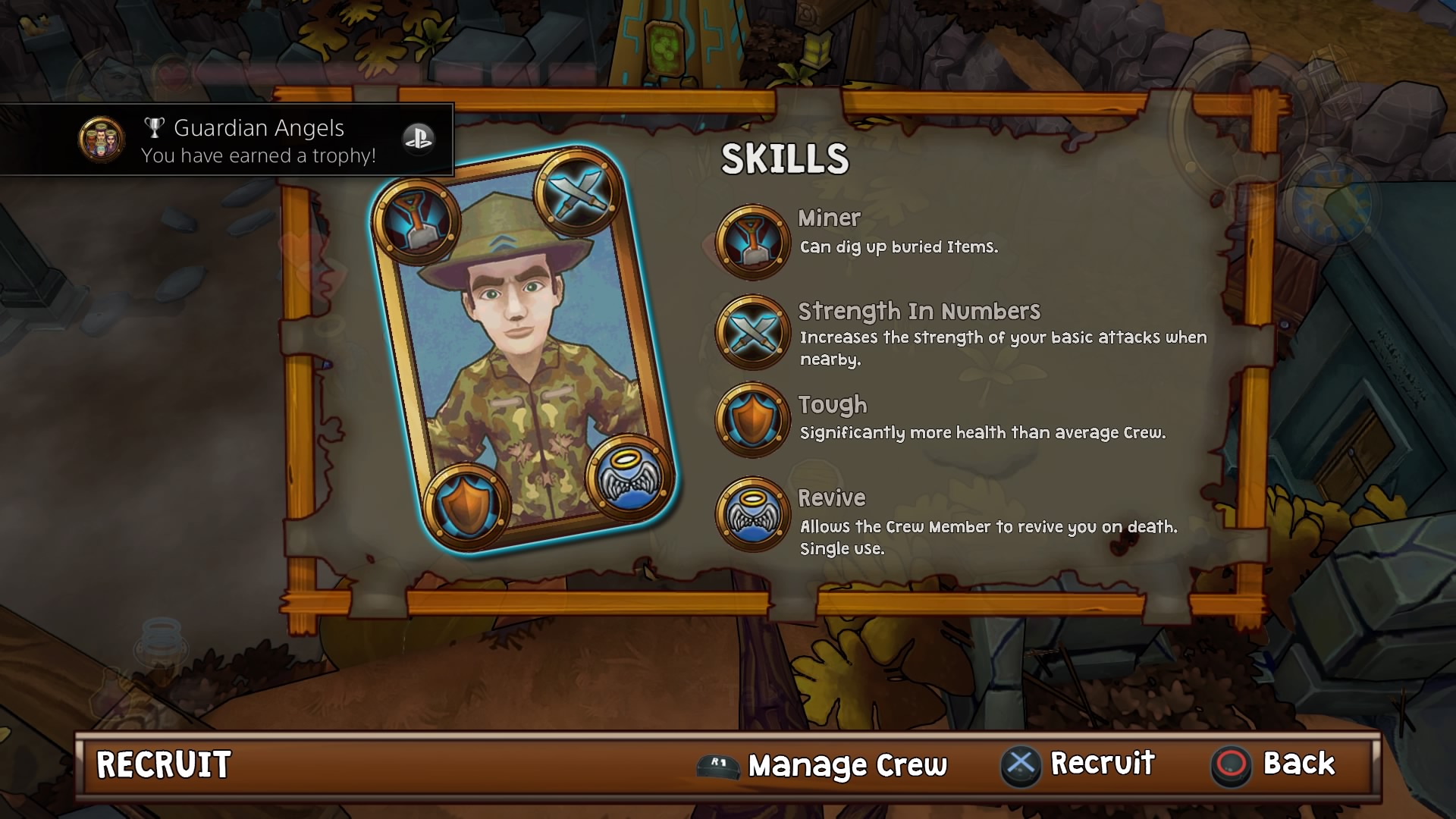
-
Lost Sea Review
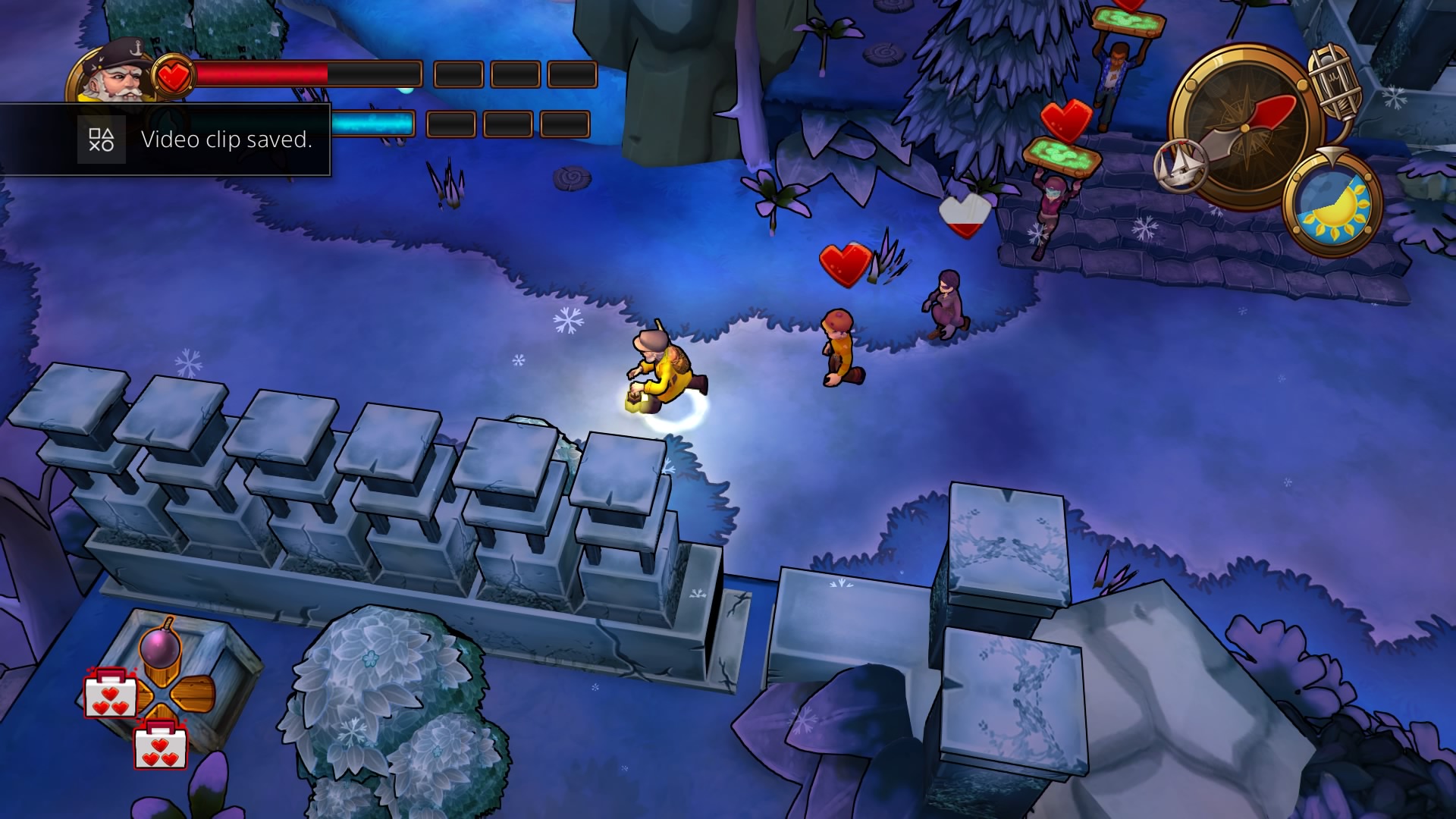
-
Lost Sea Review
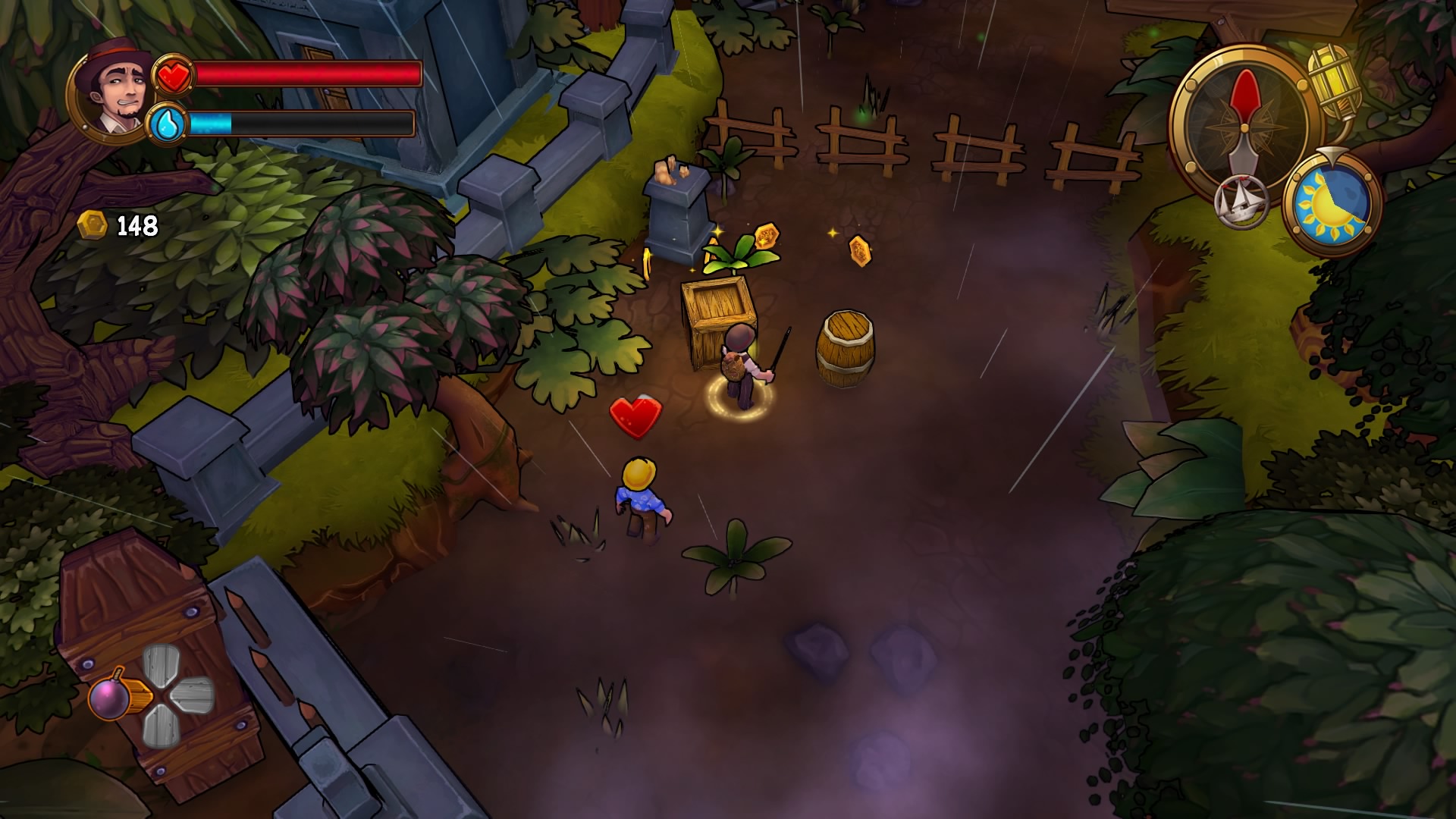
-
Lost Sea Review
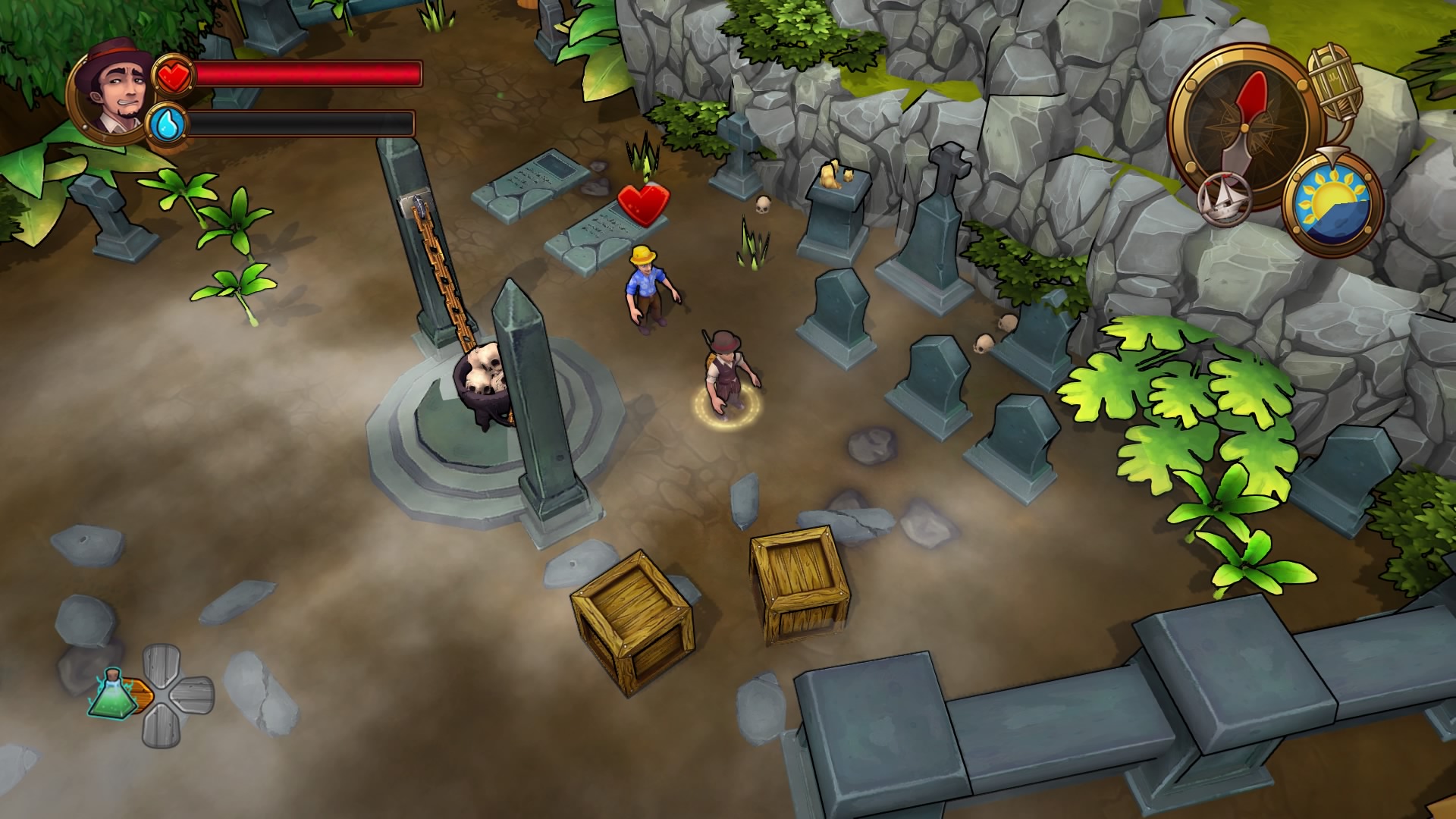
-
Lost Sea Review
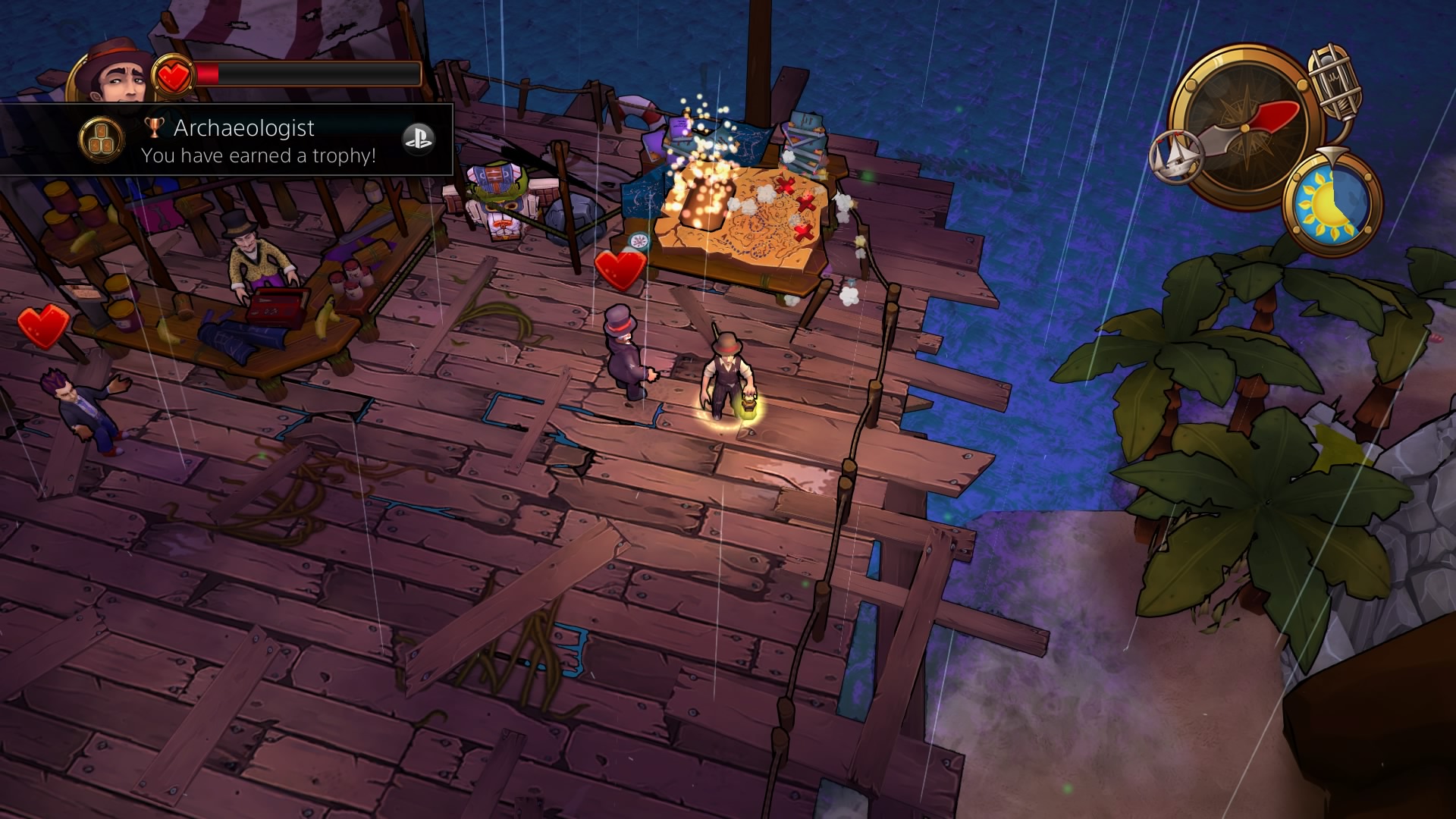
-
Lost Sea Review
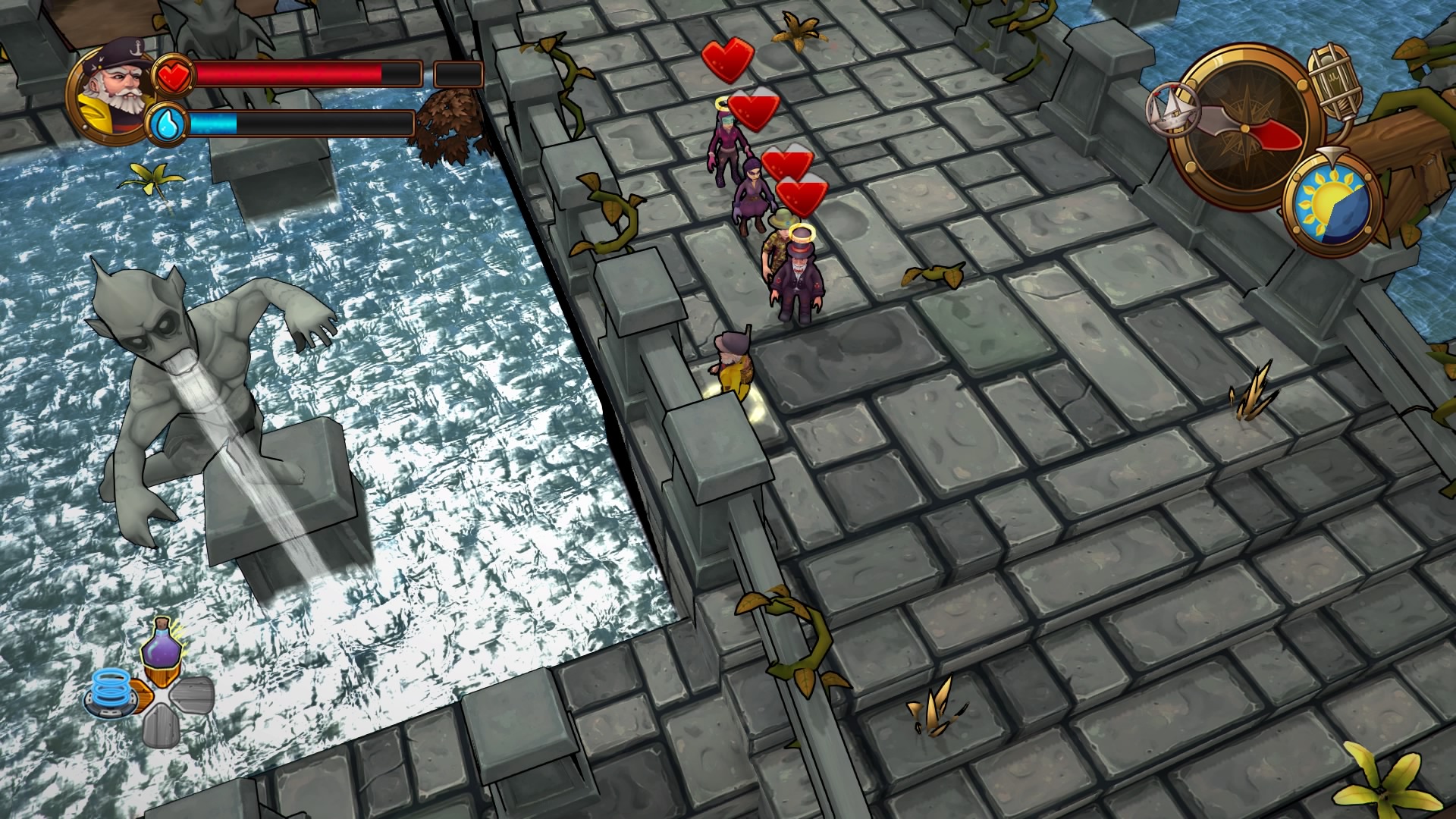
-
Lost Sea Review
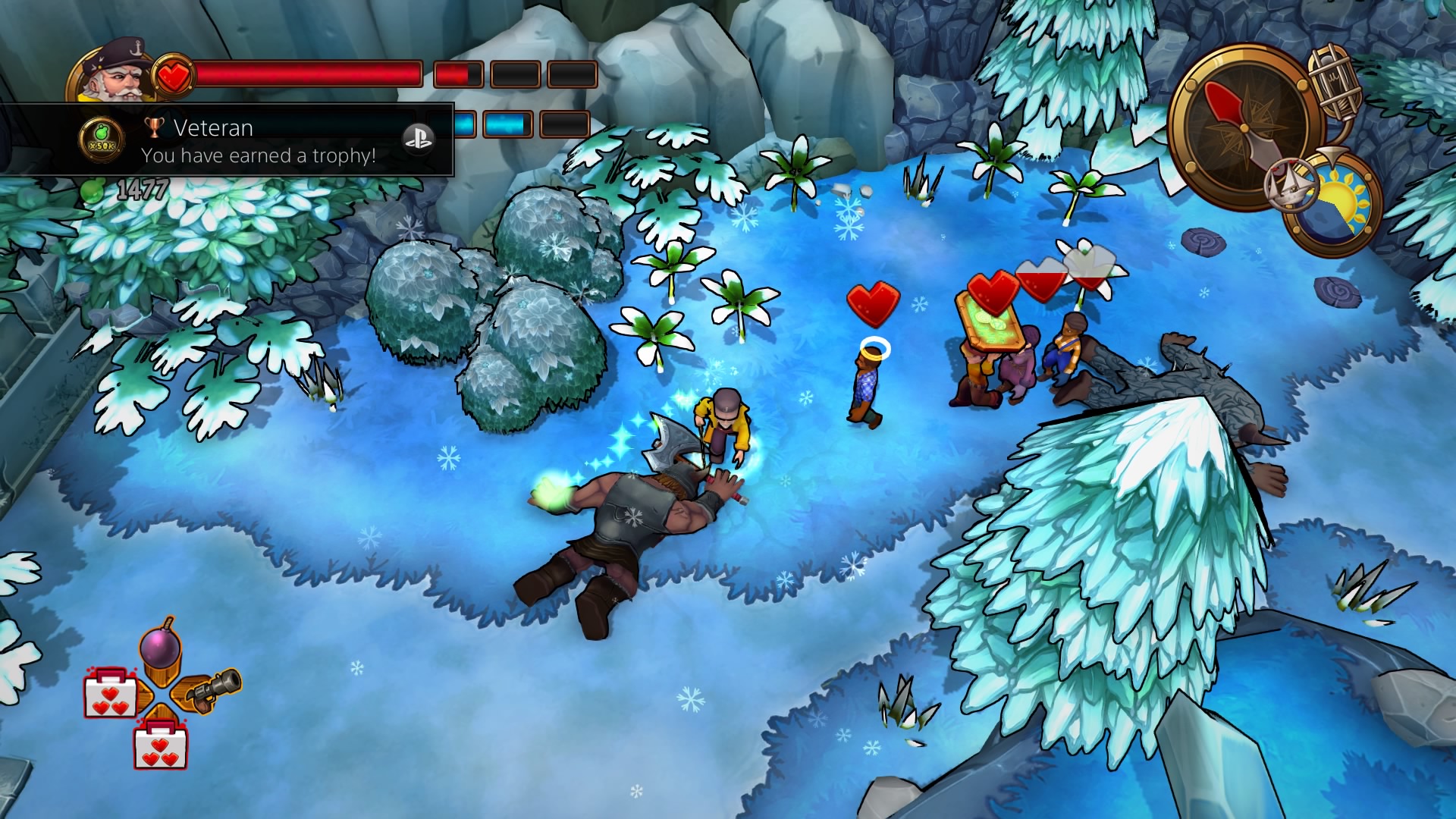
-
Lost Sea Review
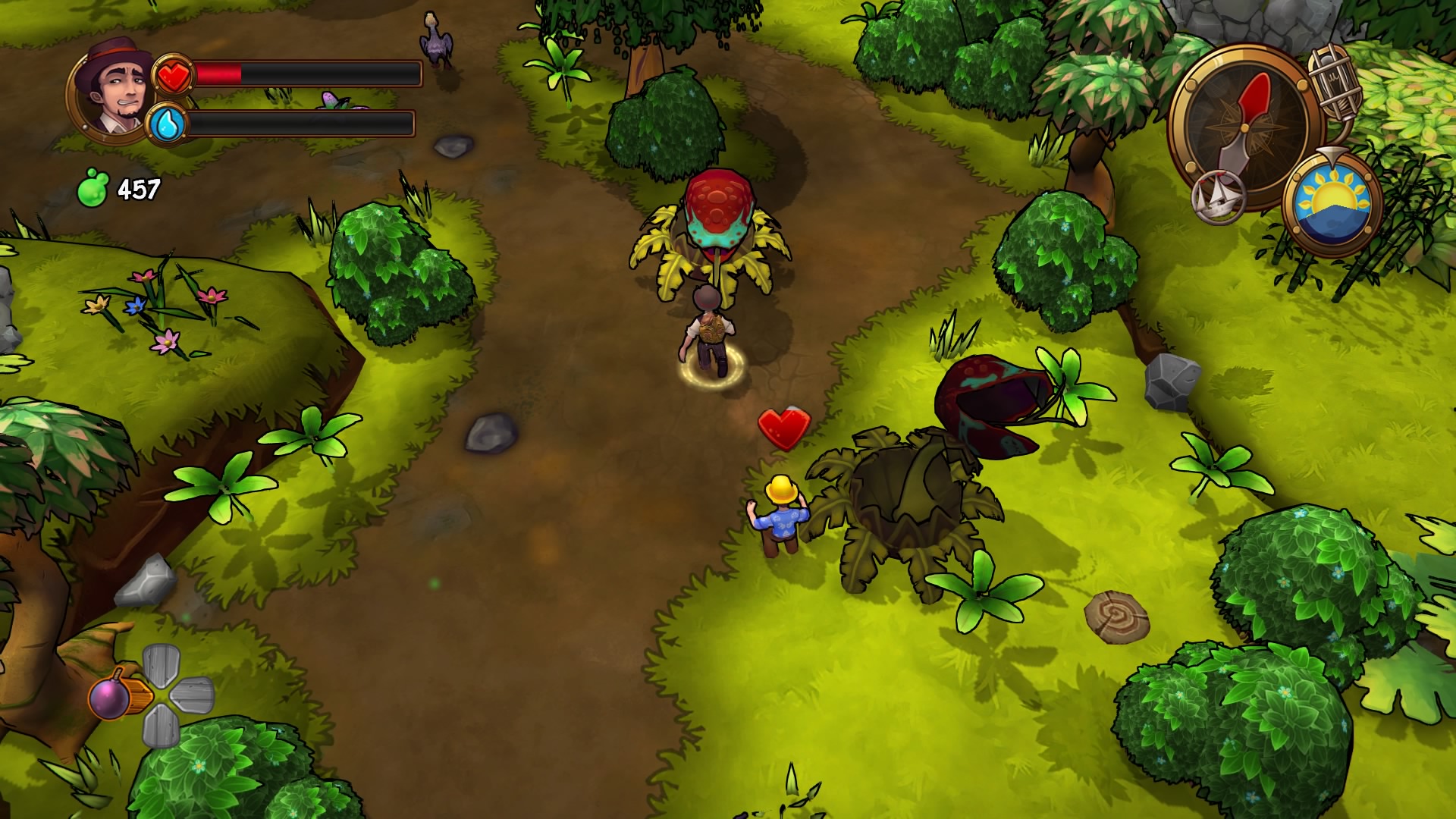
-
Lost Sea Review
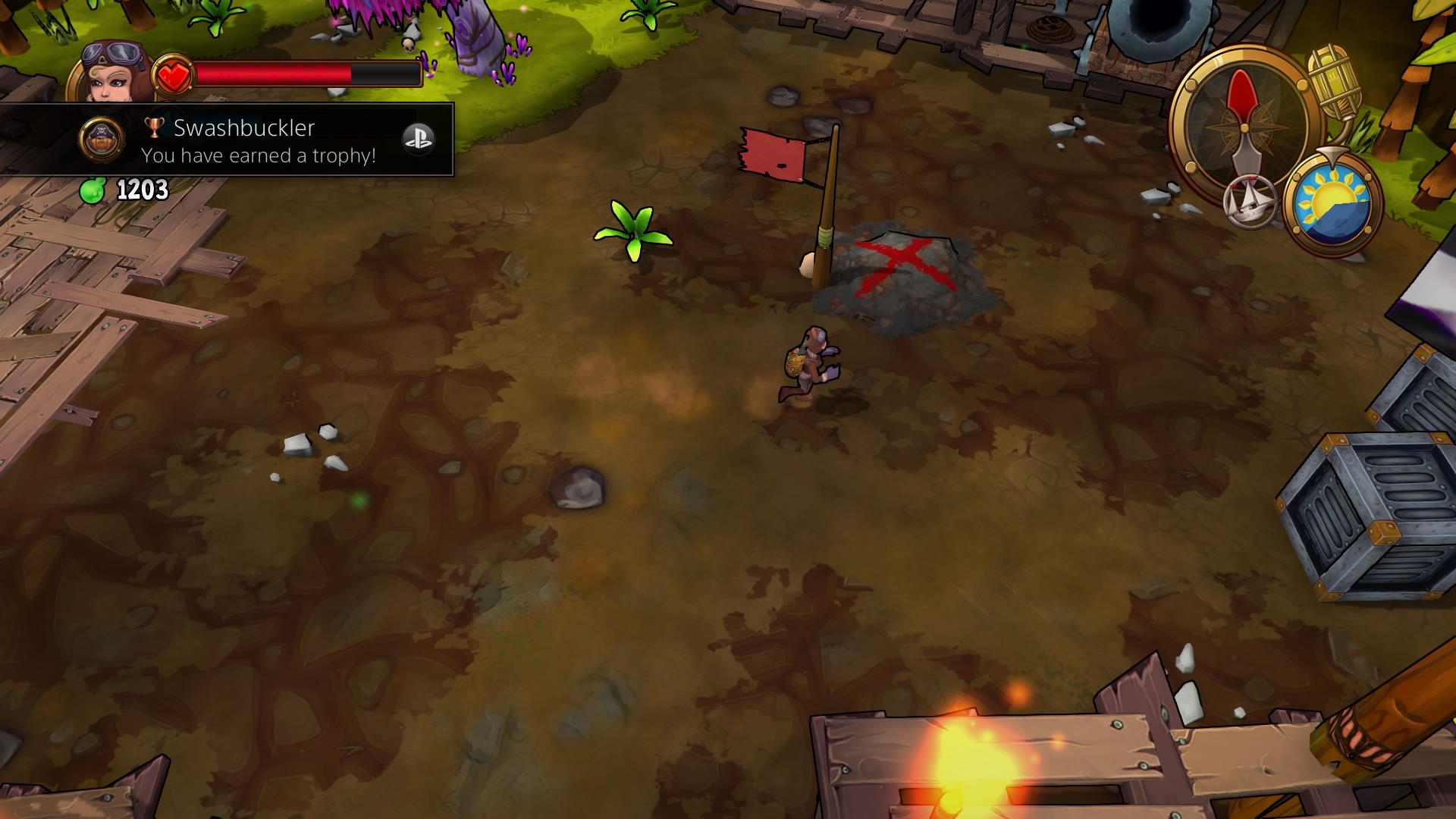
-
Lost Sea Review
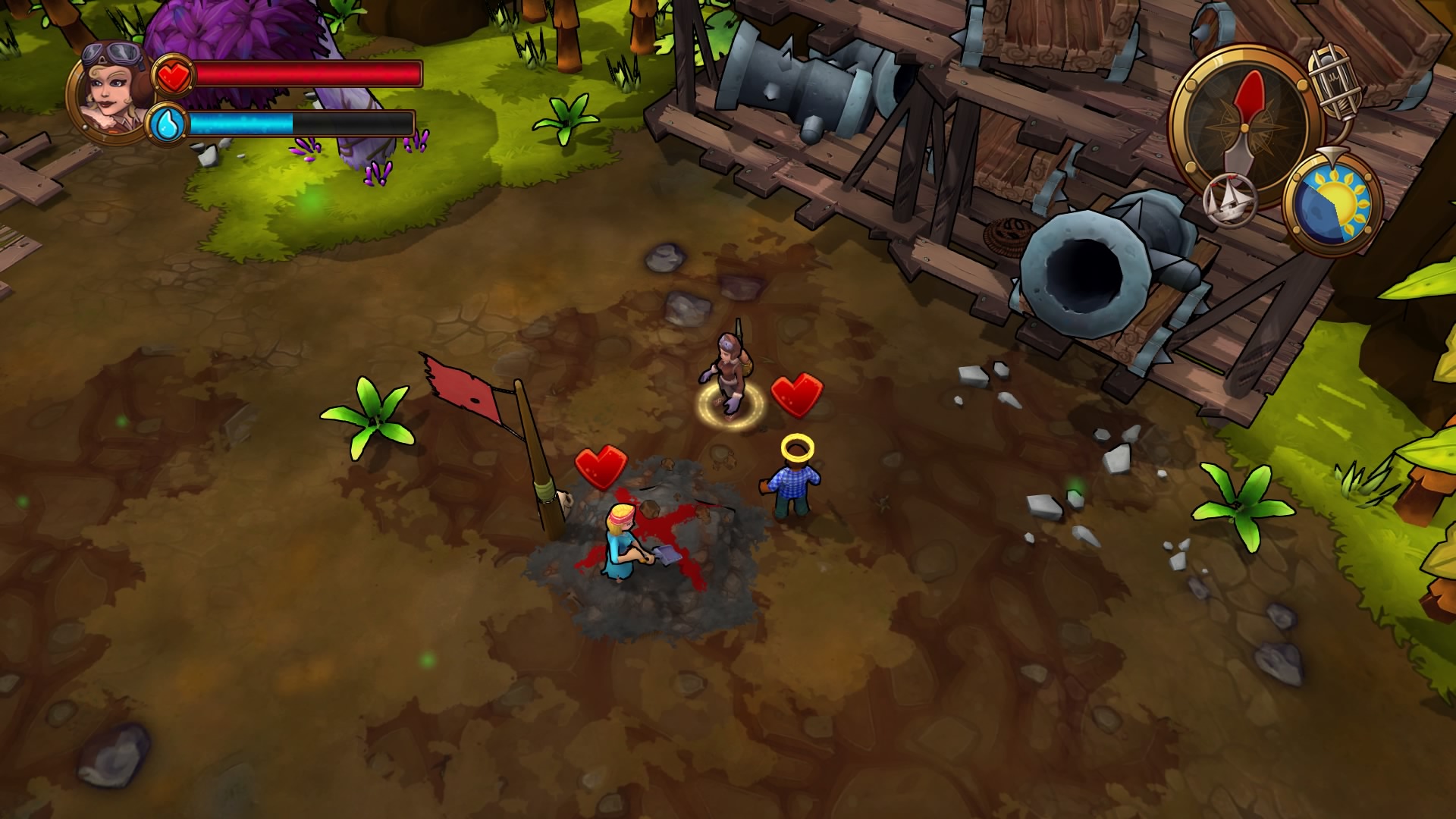
-
Lost Sea Review
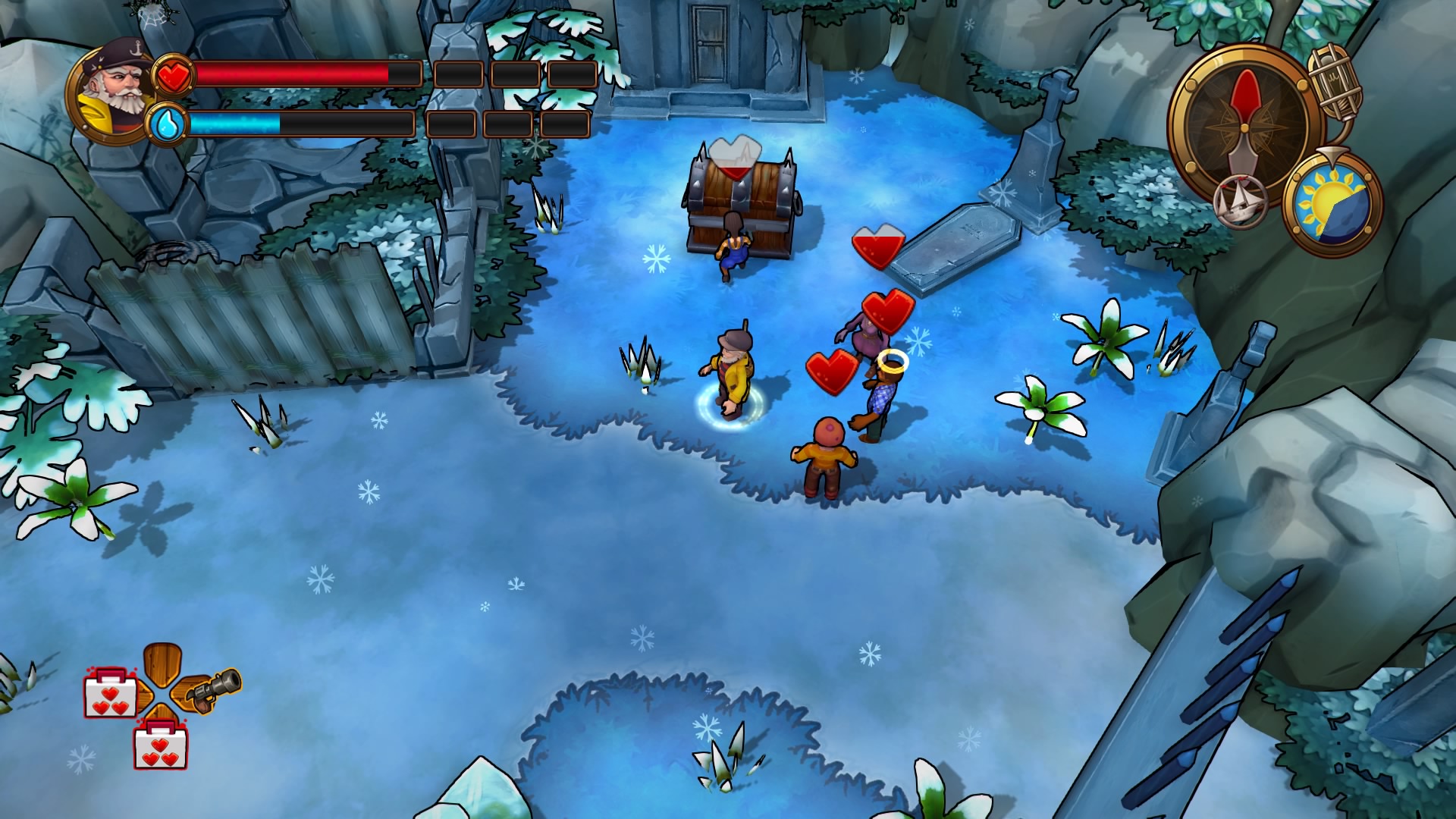
-
Lost Sea Review
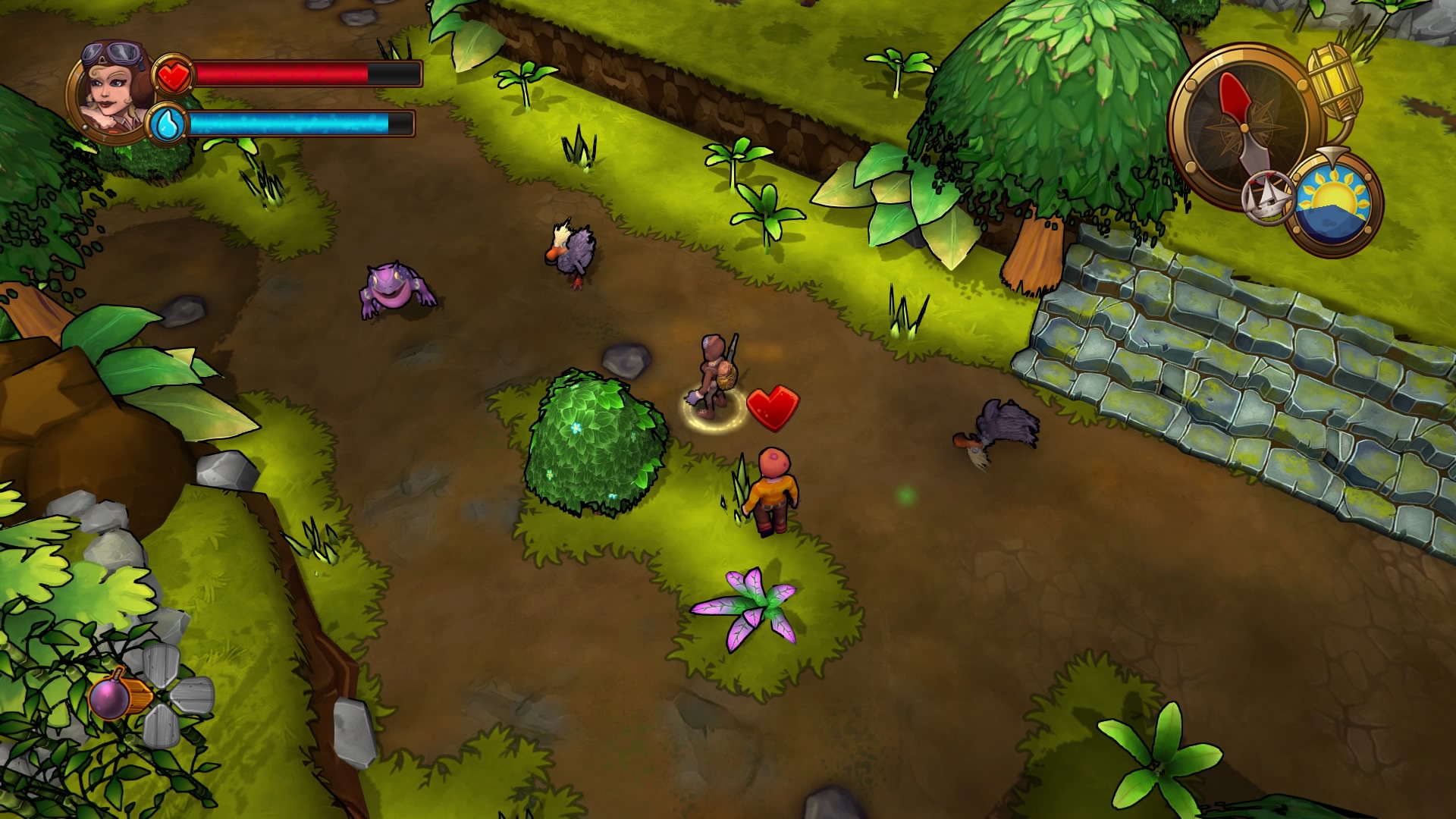
-
Lost Sea Review
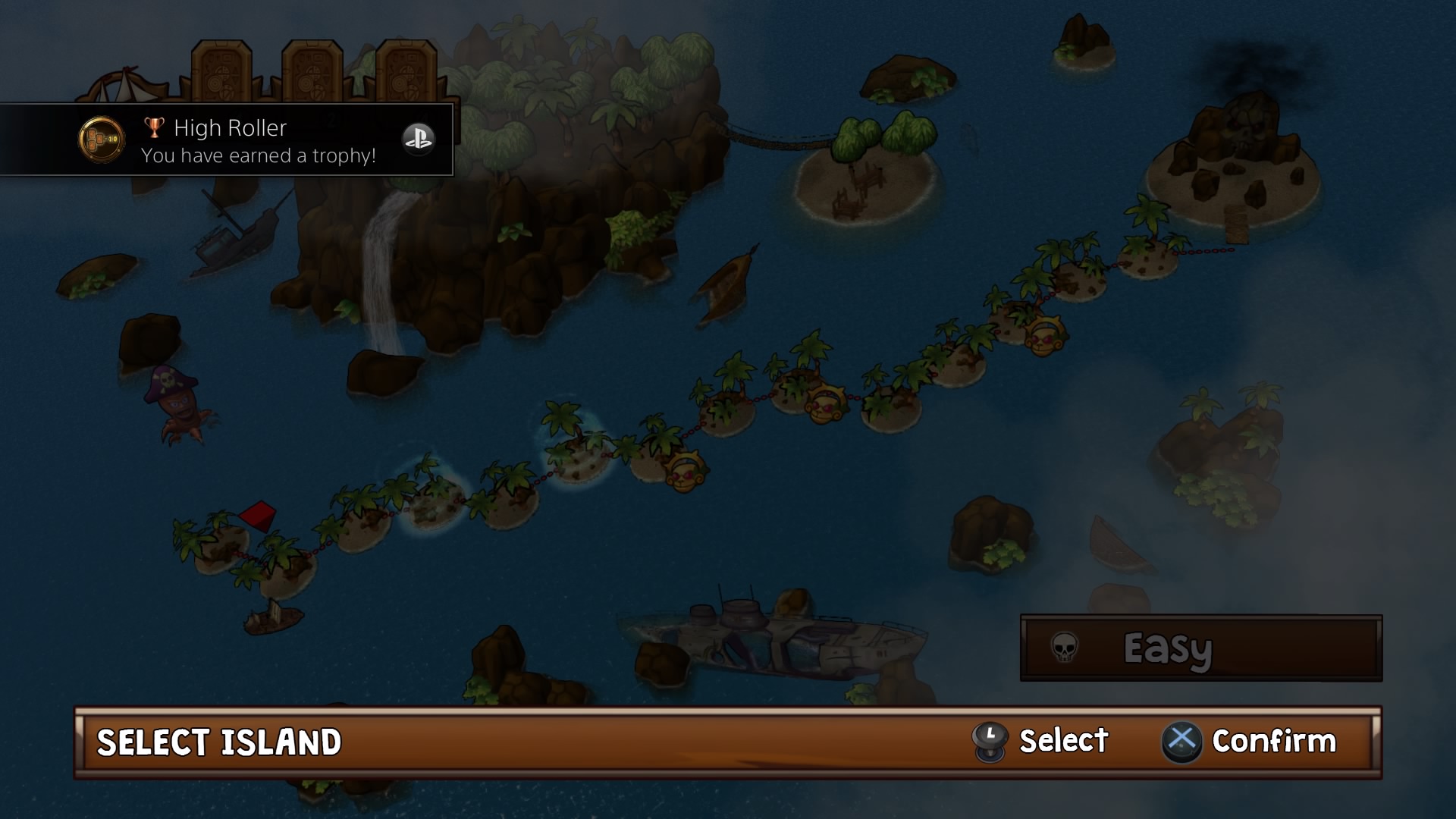
-
Lost Sea Review
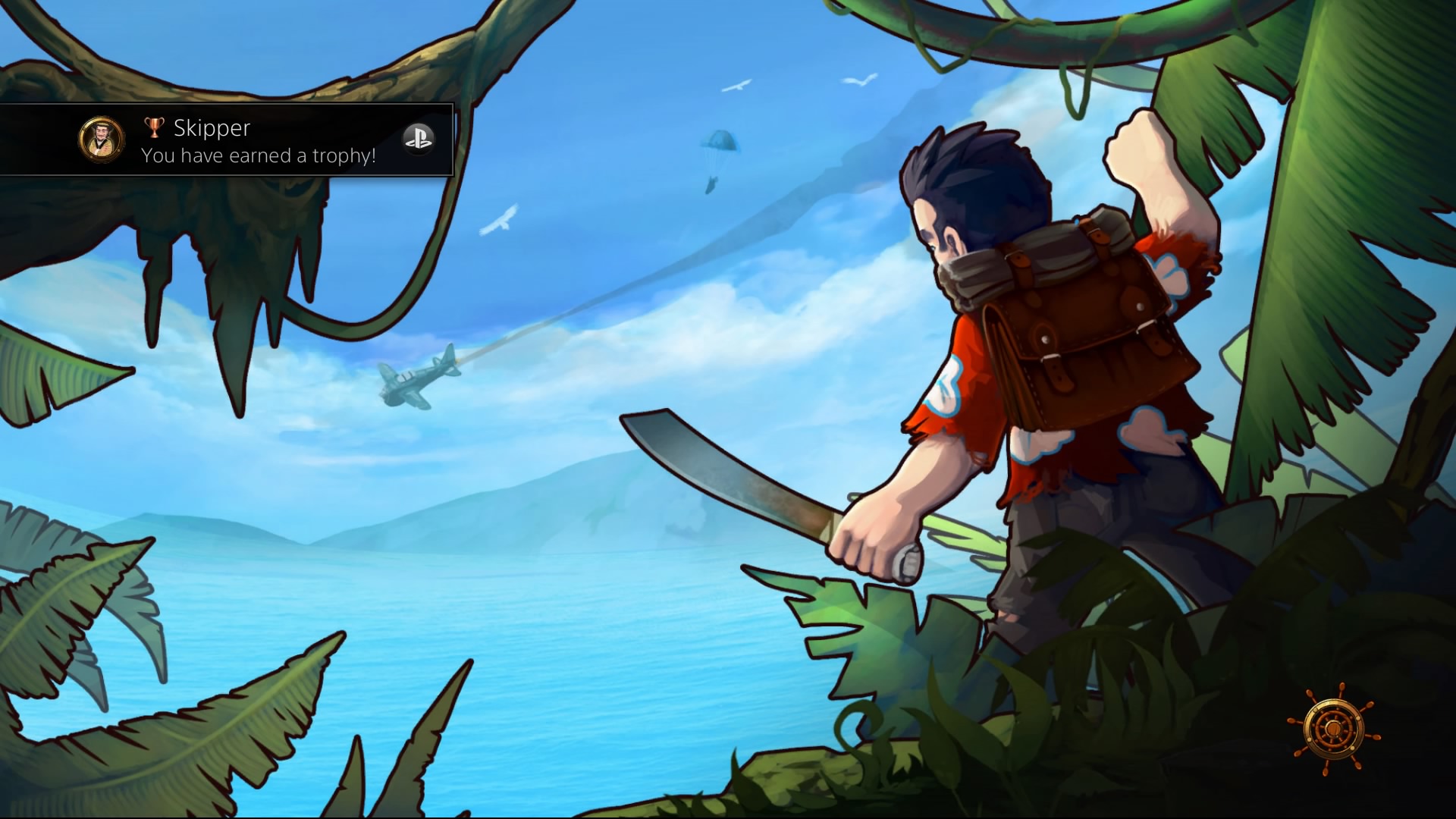
-
Lost Sea Review
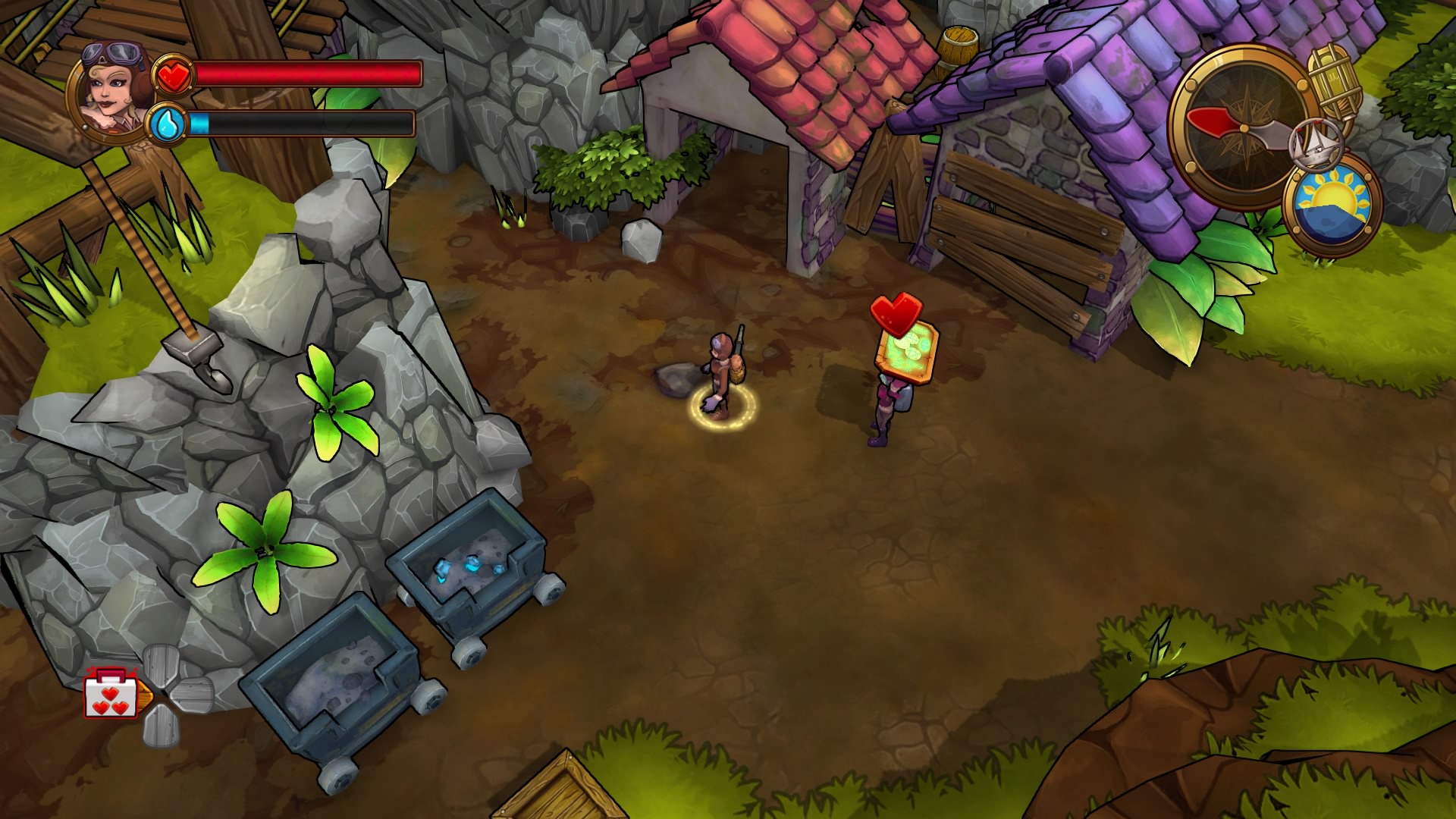
-
Lost Sea Review
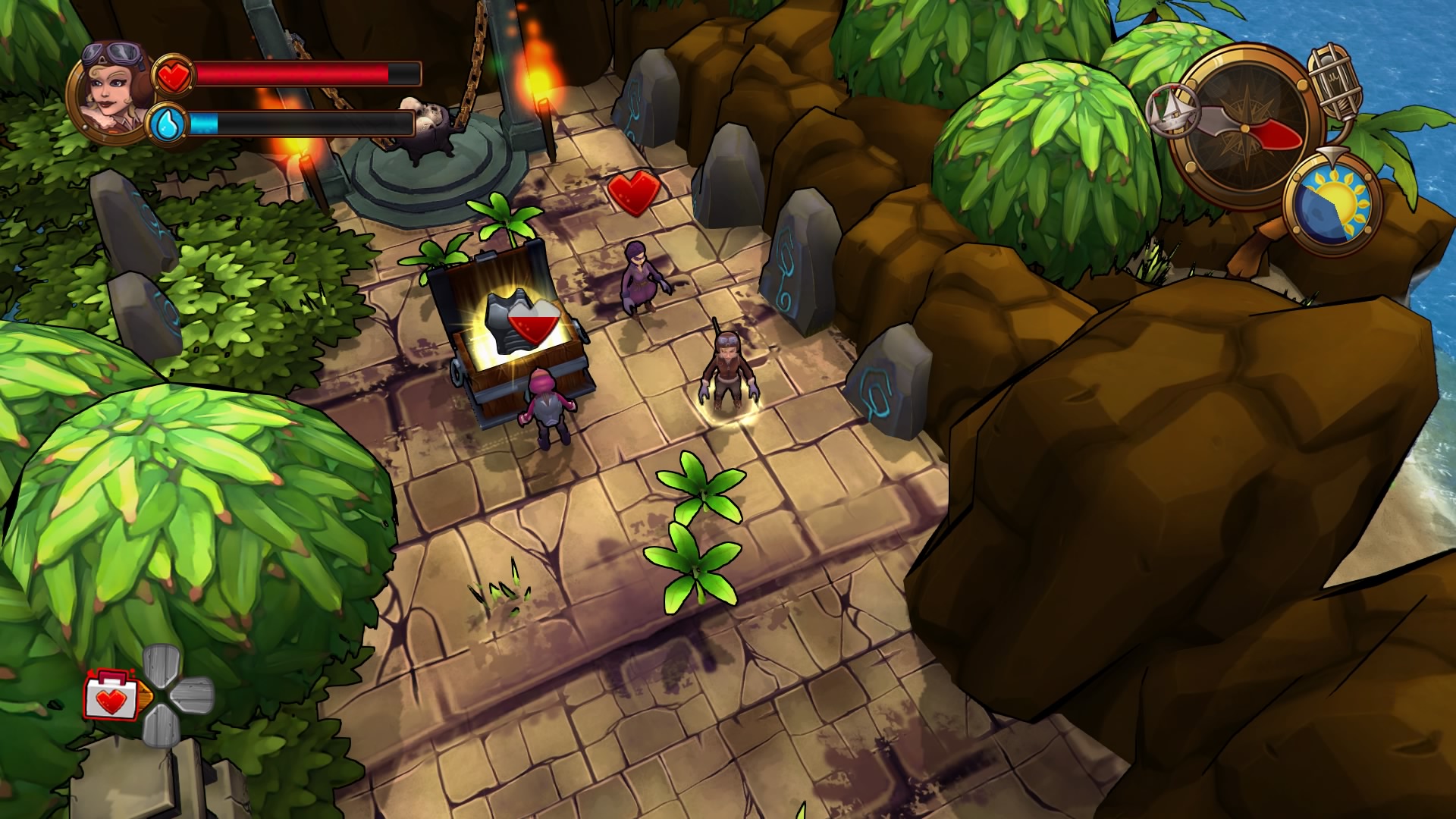
-
Lost Sea_20160703000239
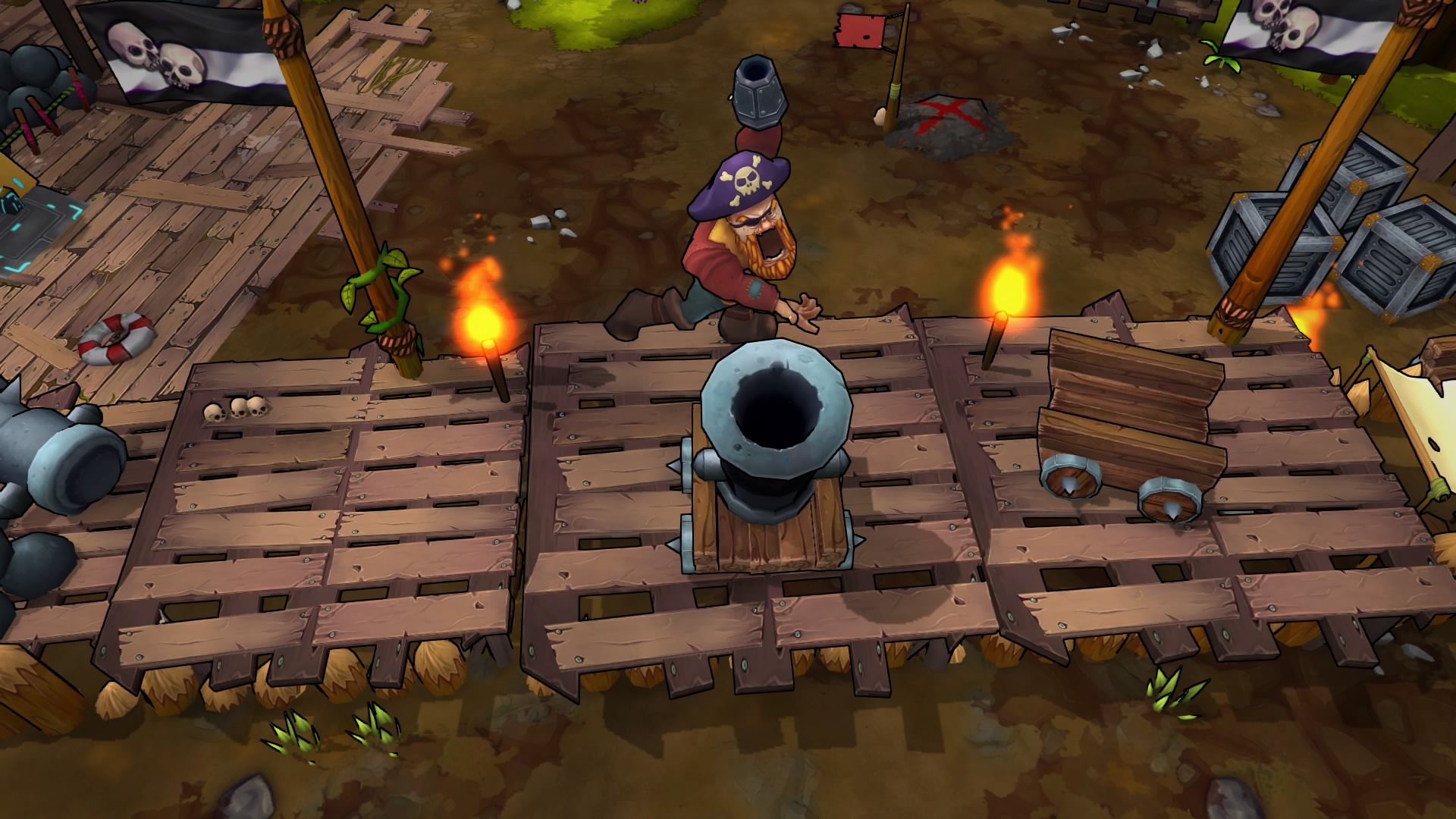
-
Lost Sea Review
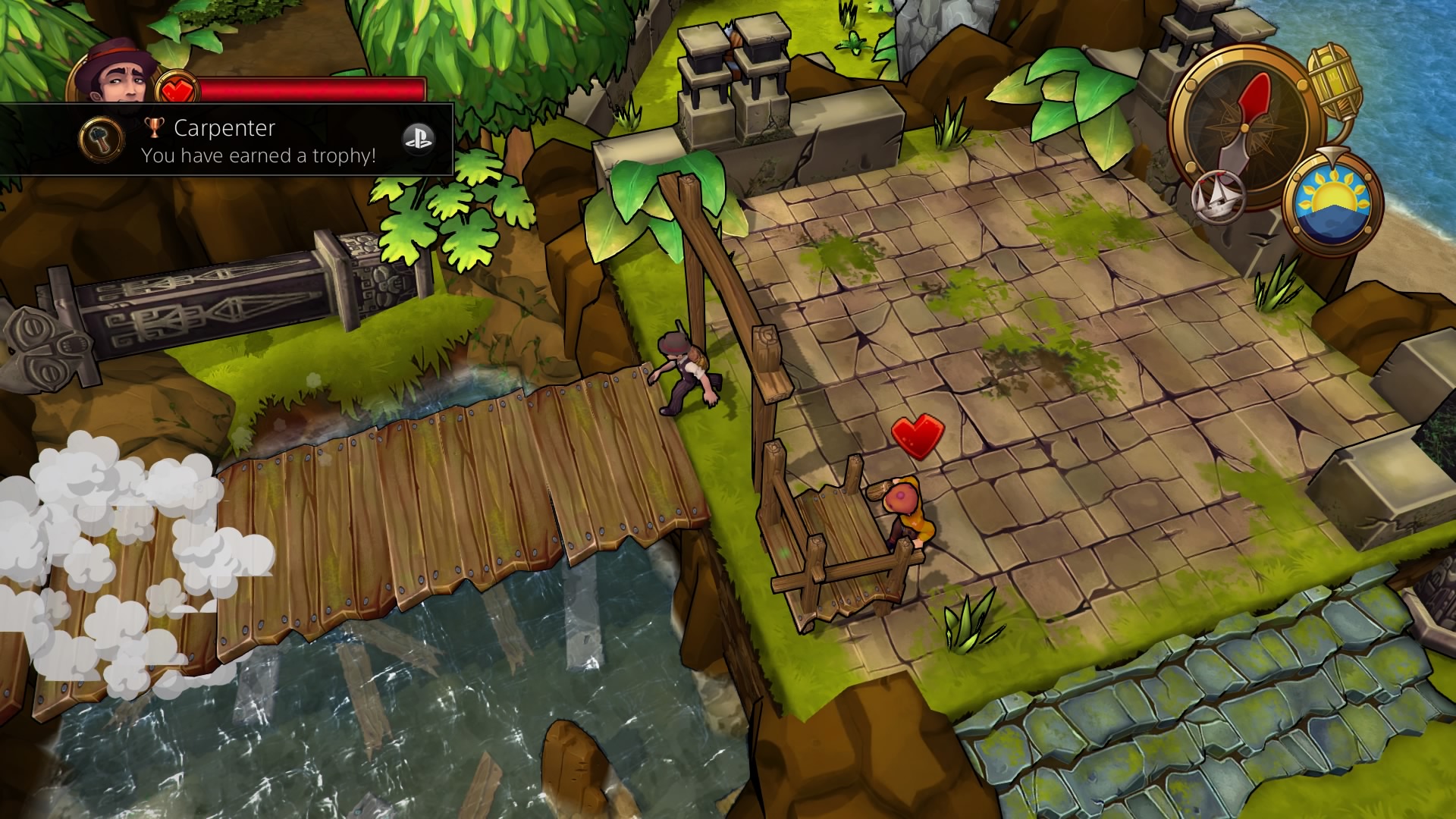
-
Lost Sea Review
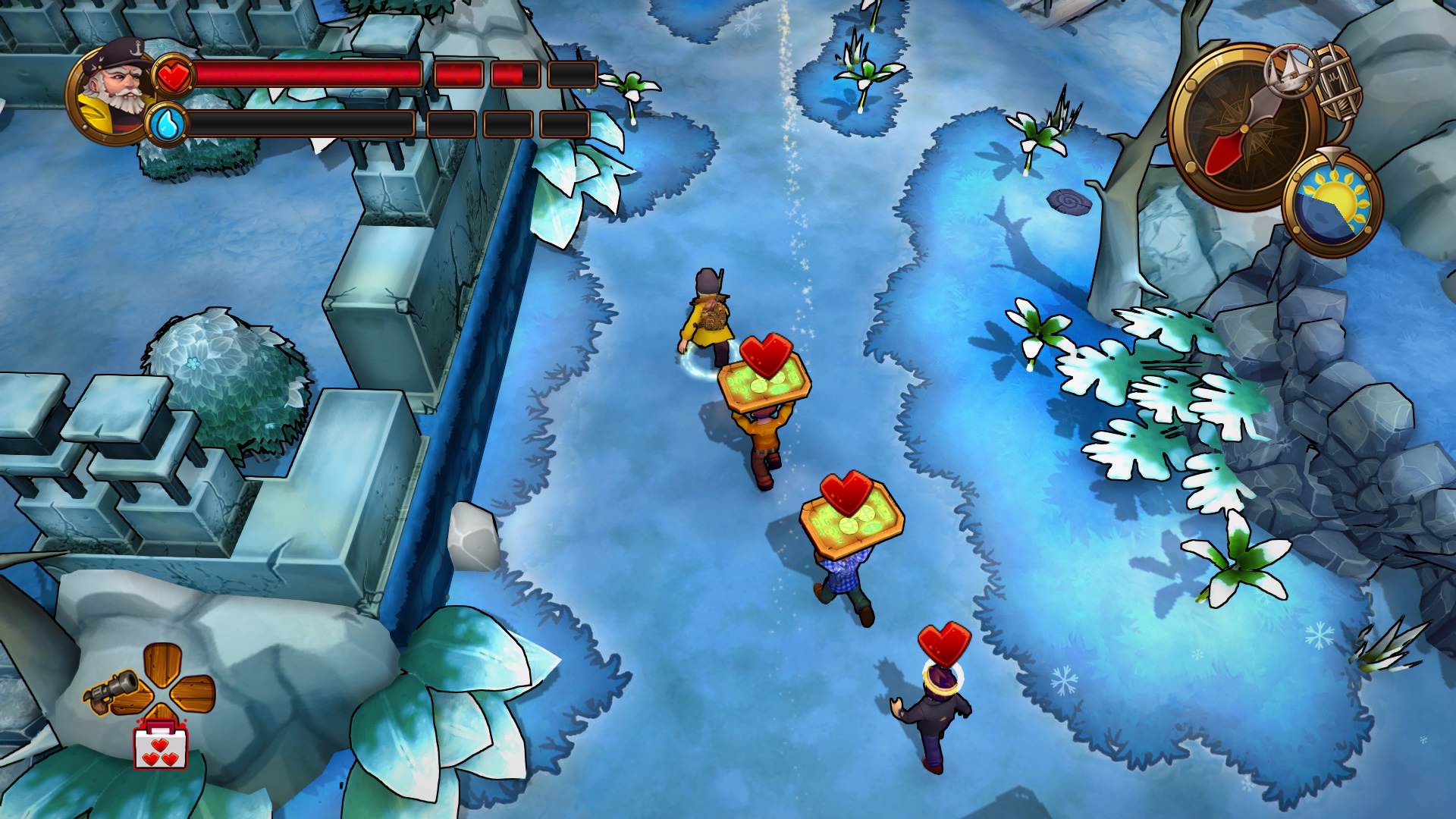
-
Lost Sea Review
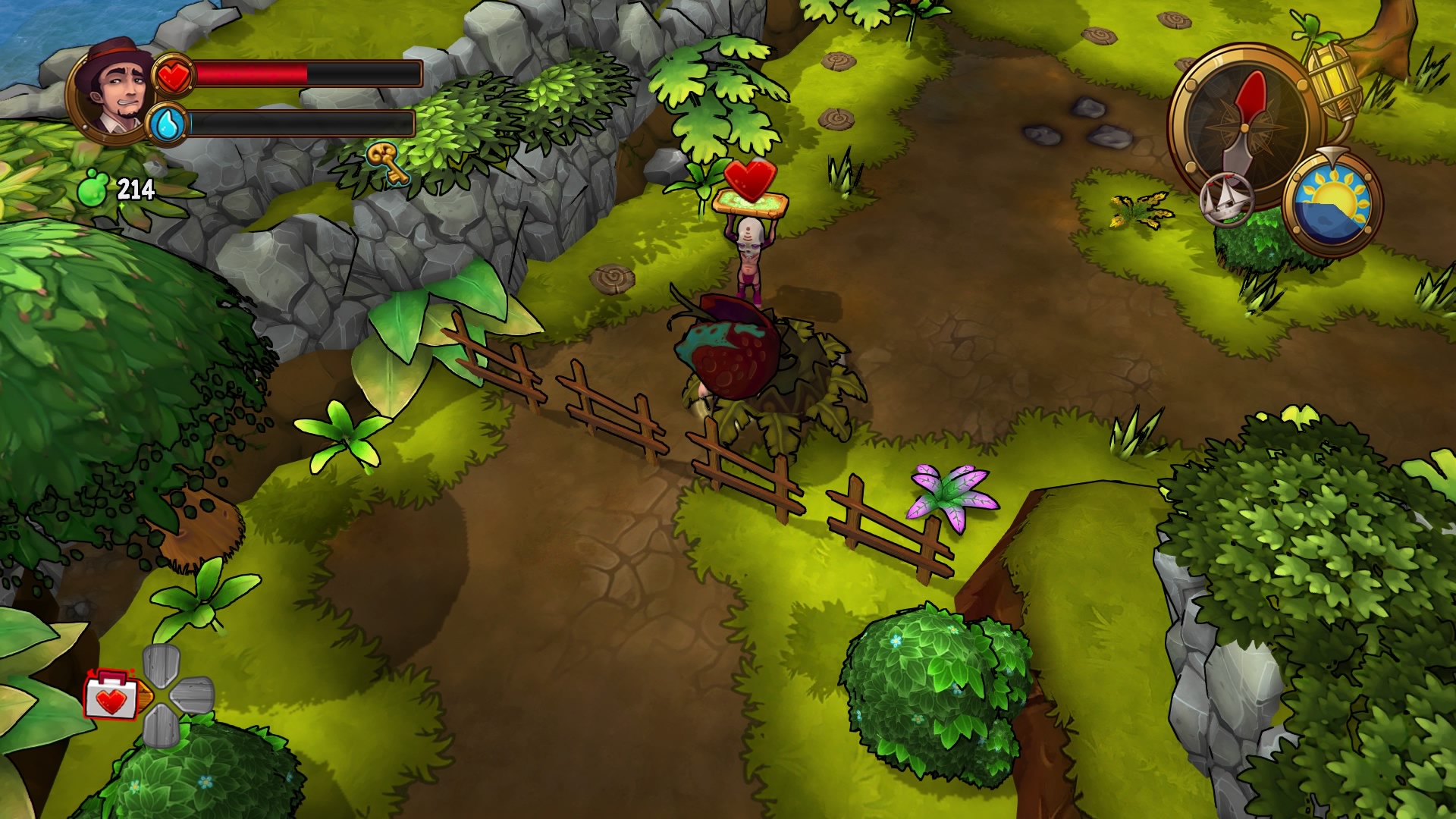
-
Lost Sea Review
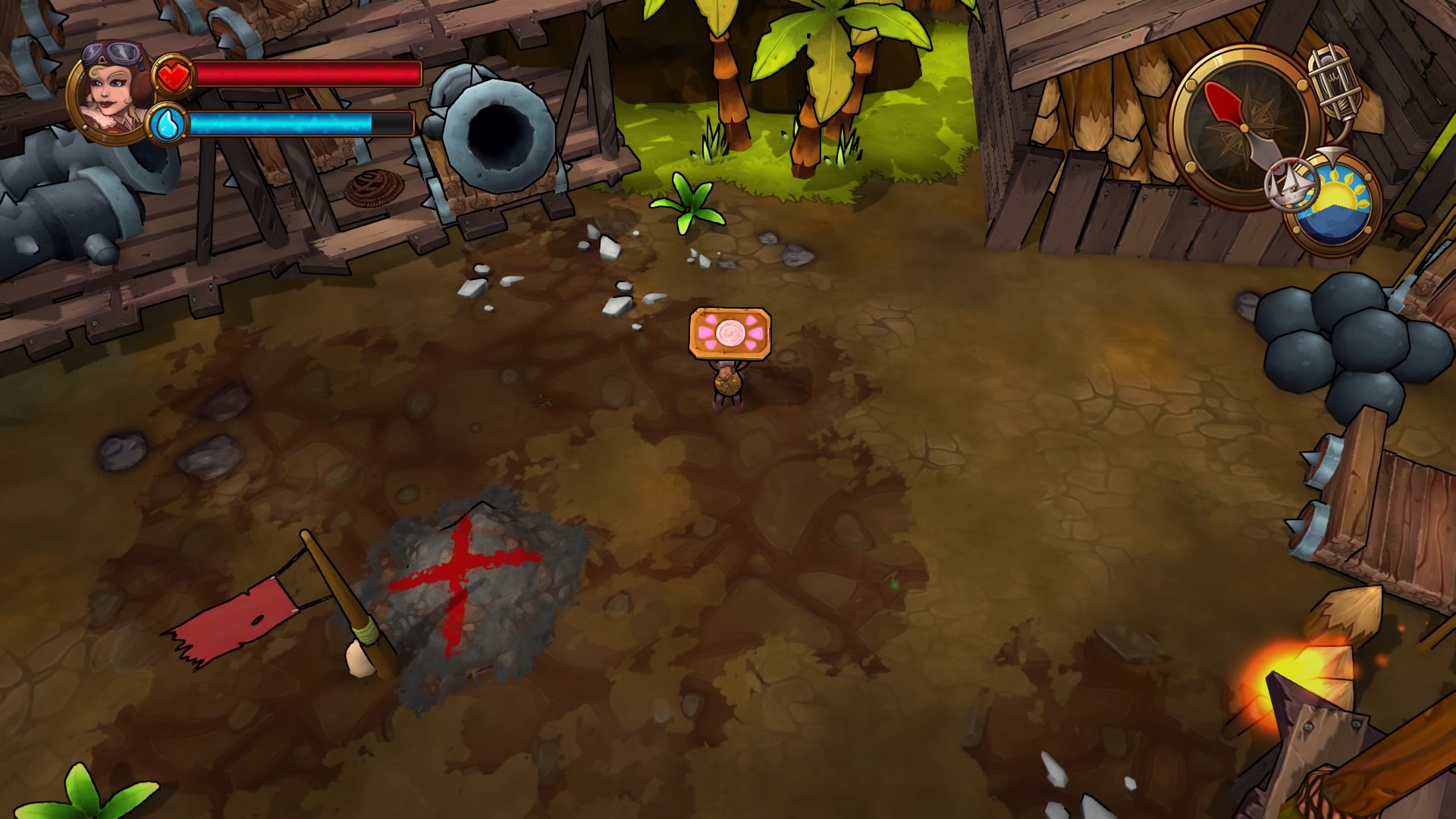
-
Lost Sea Review
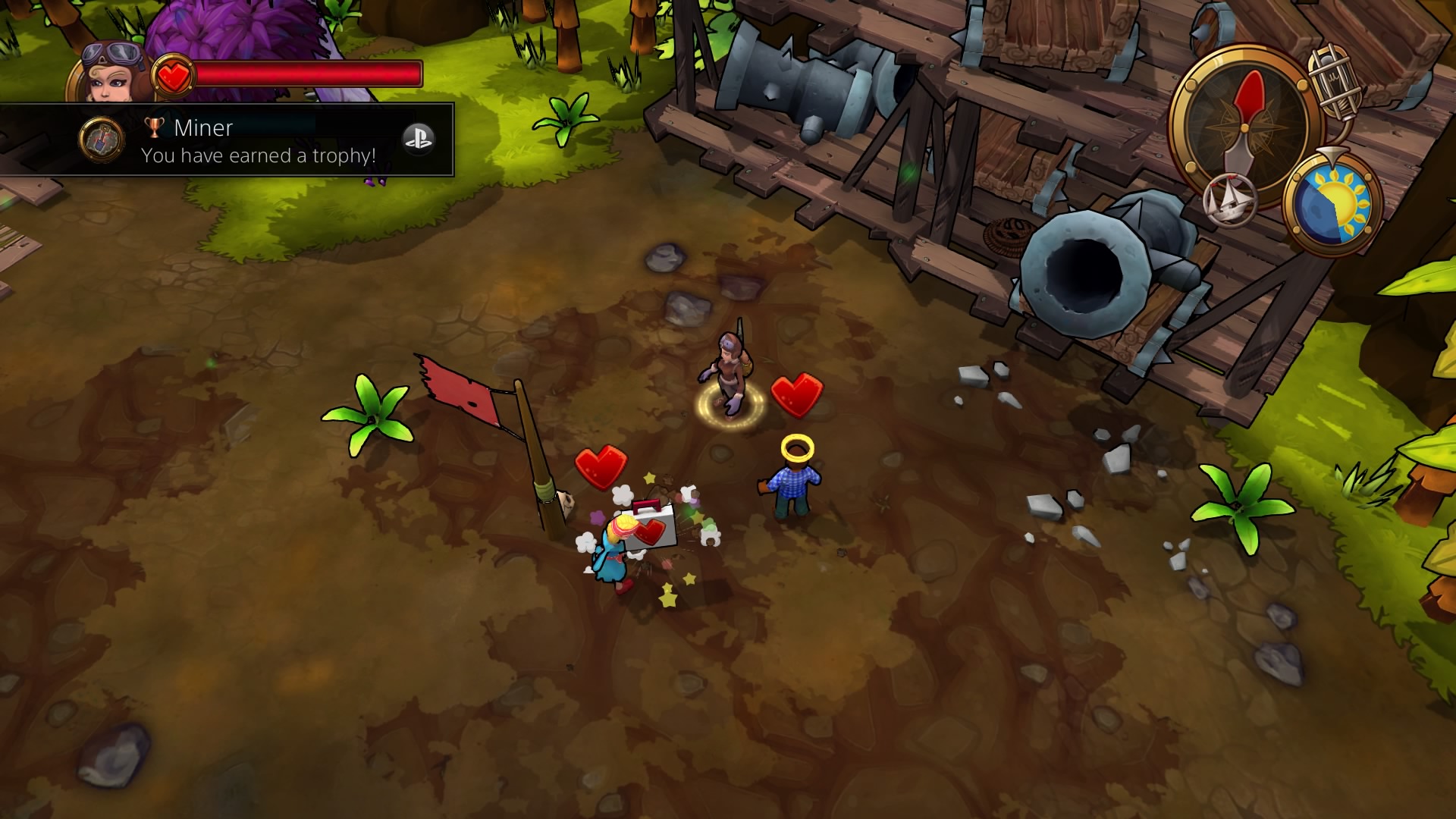
-
Lost Sea Review
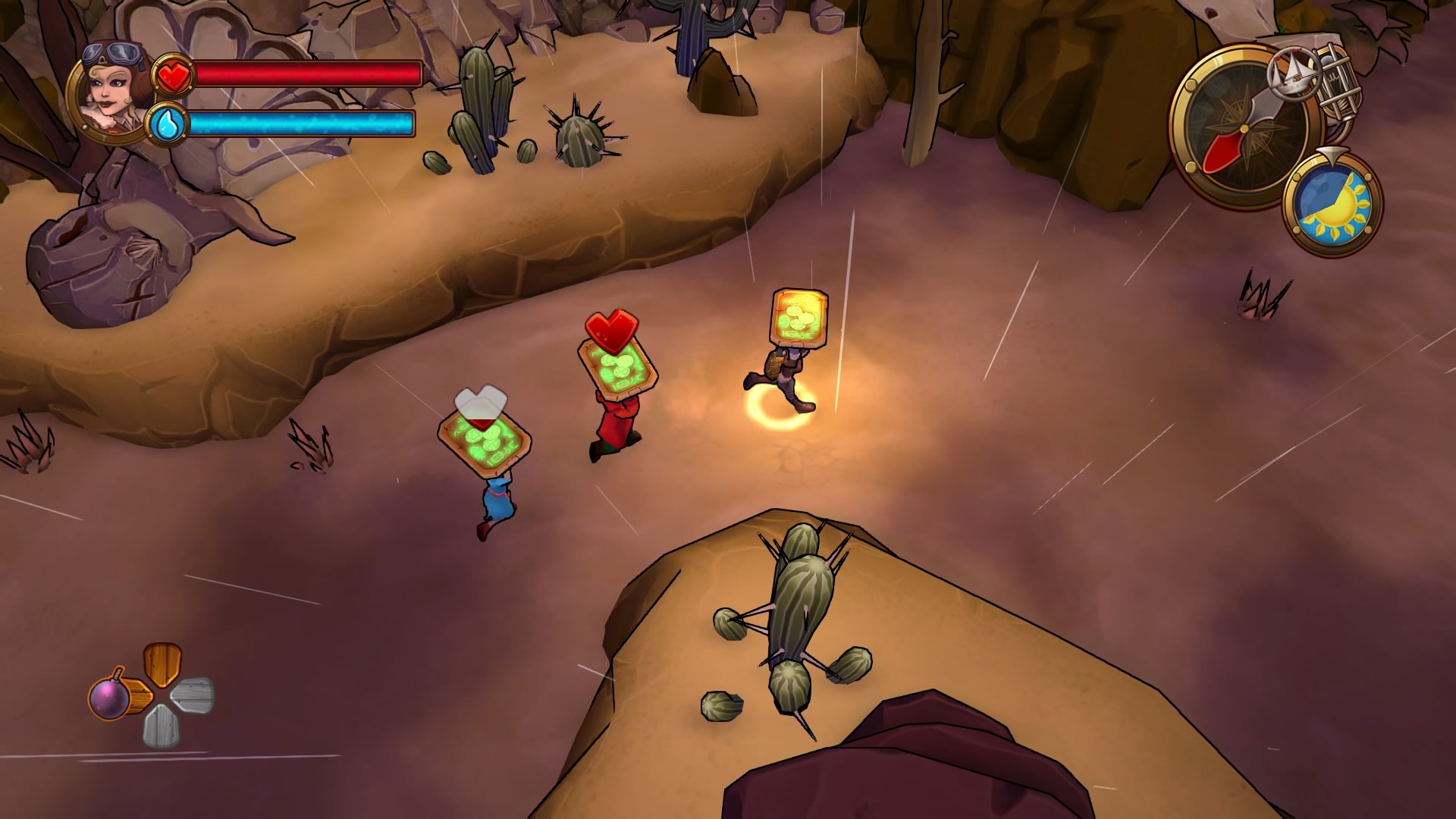
-
Lost Sea Review
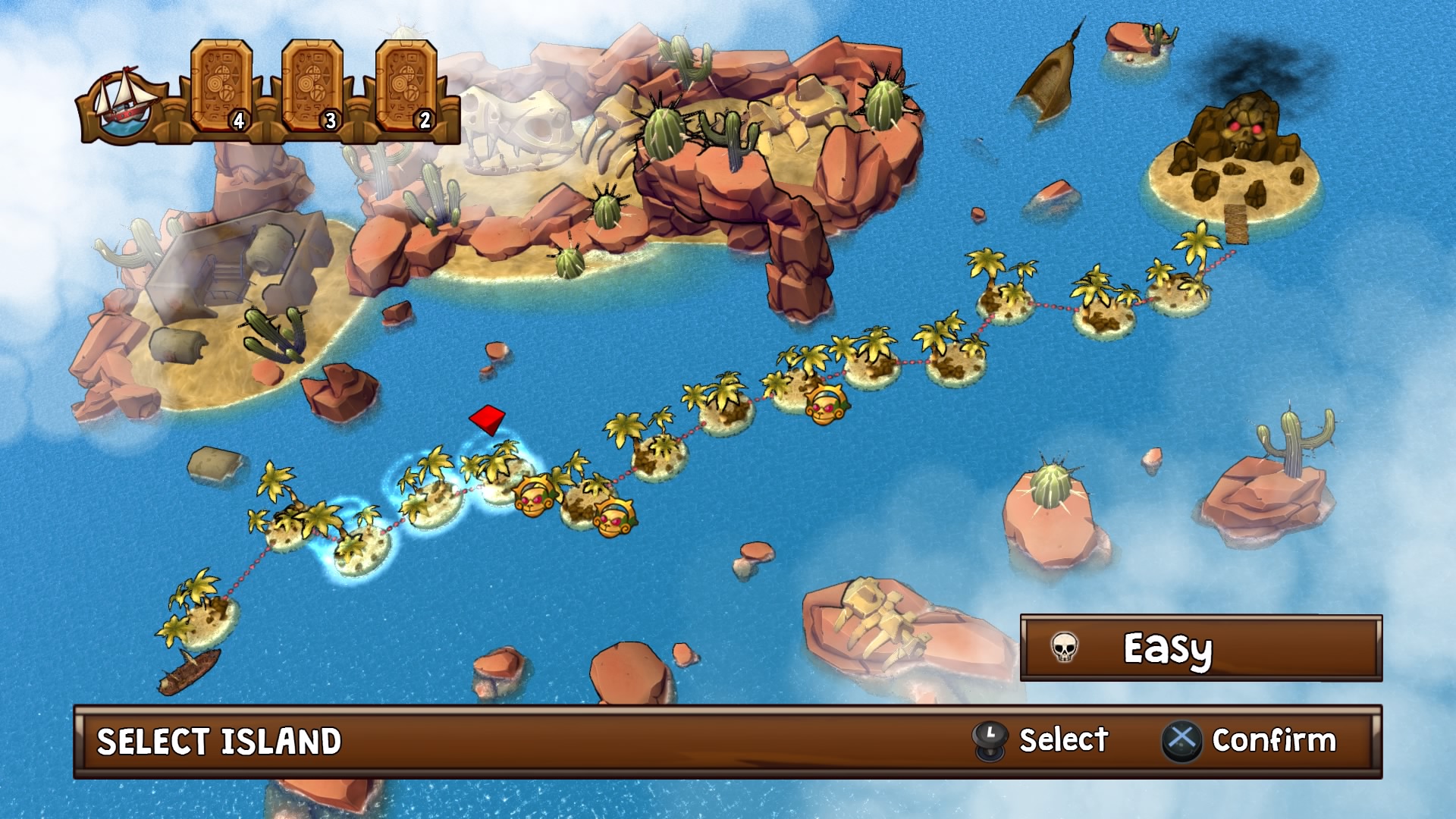
-
Lost Sea Review
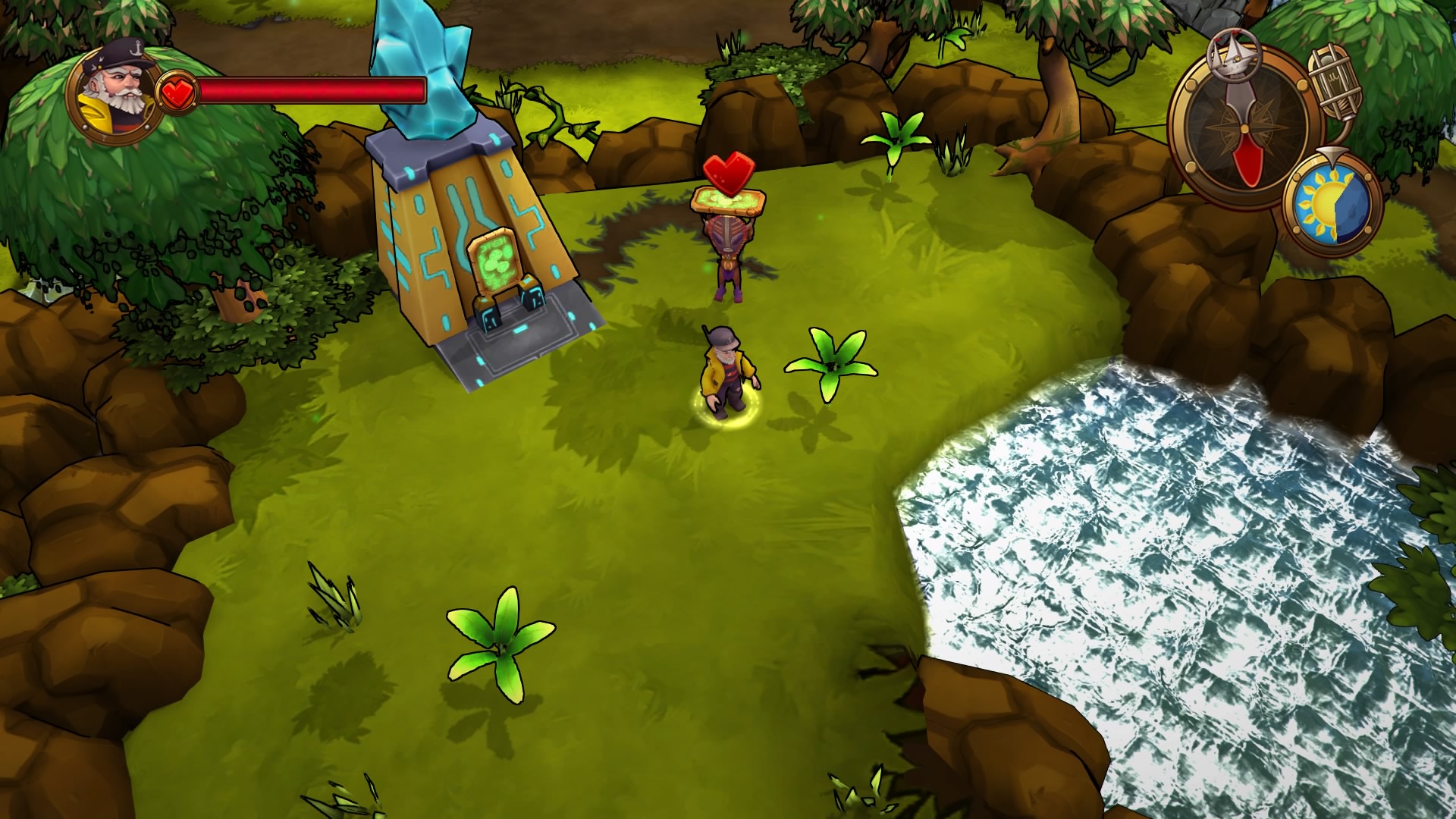
-
Lost Sea Review
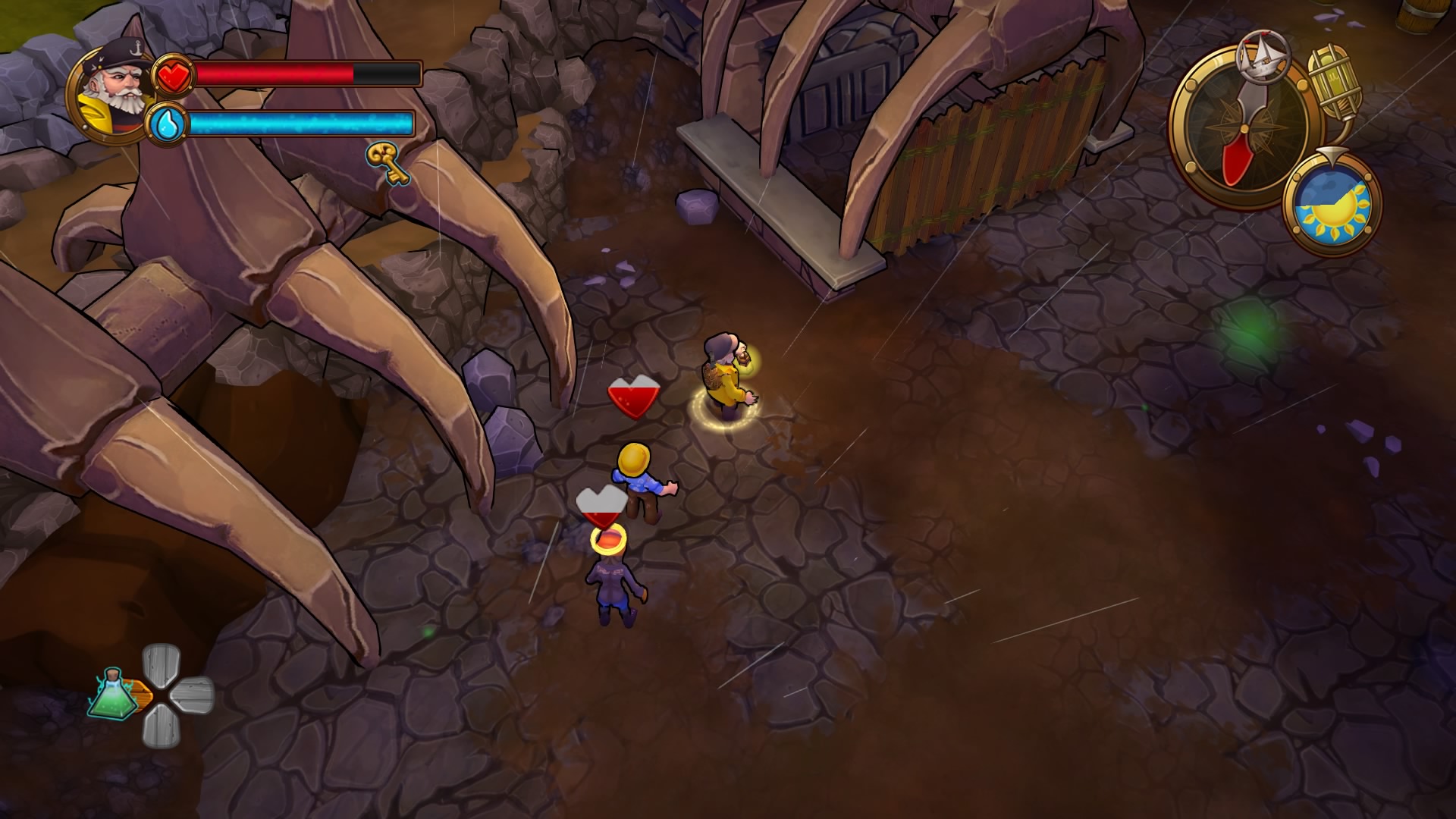
-
Lost Sea Review
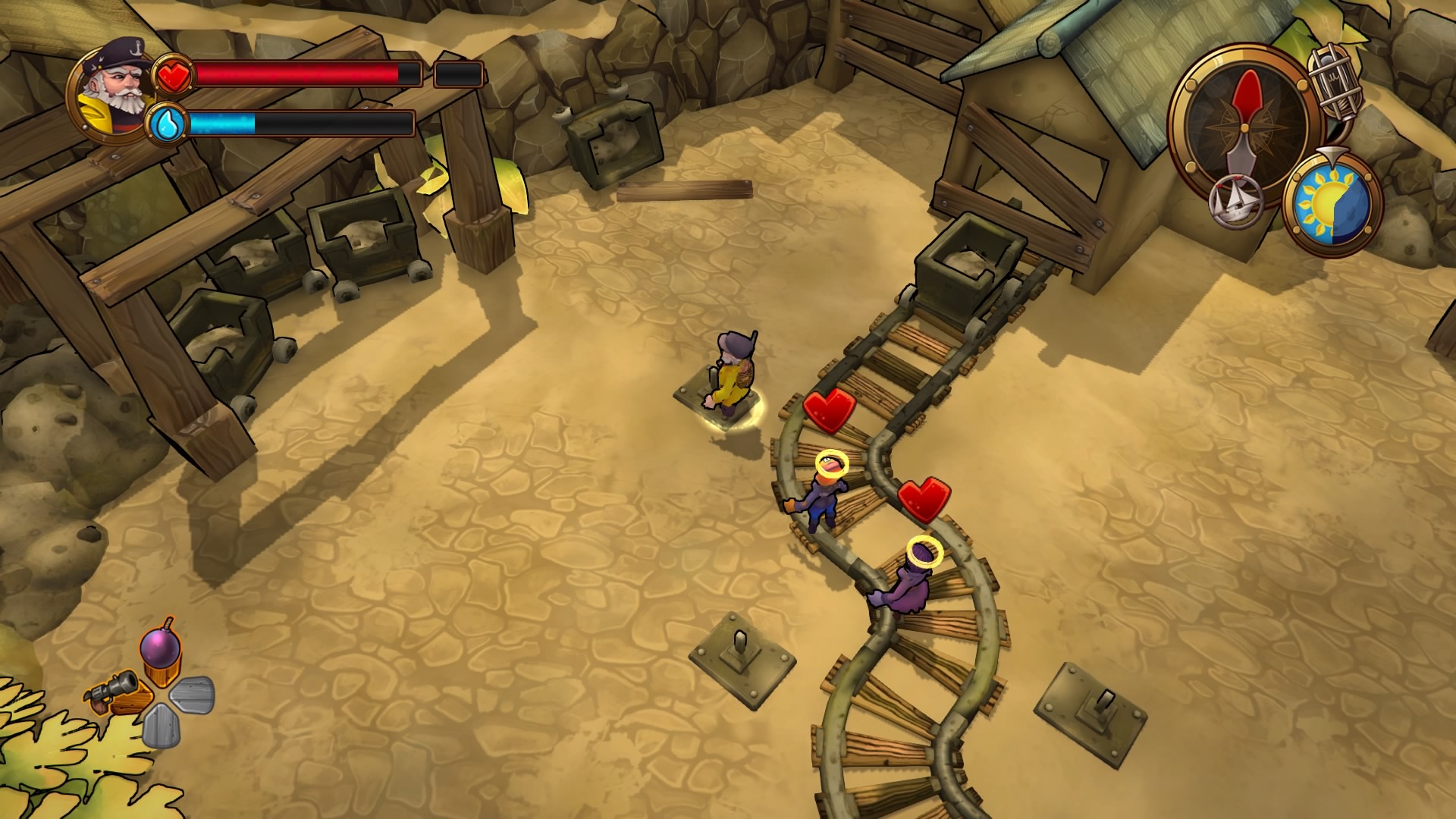
-
Lost Sea Review
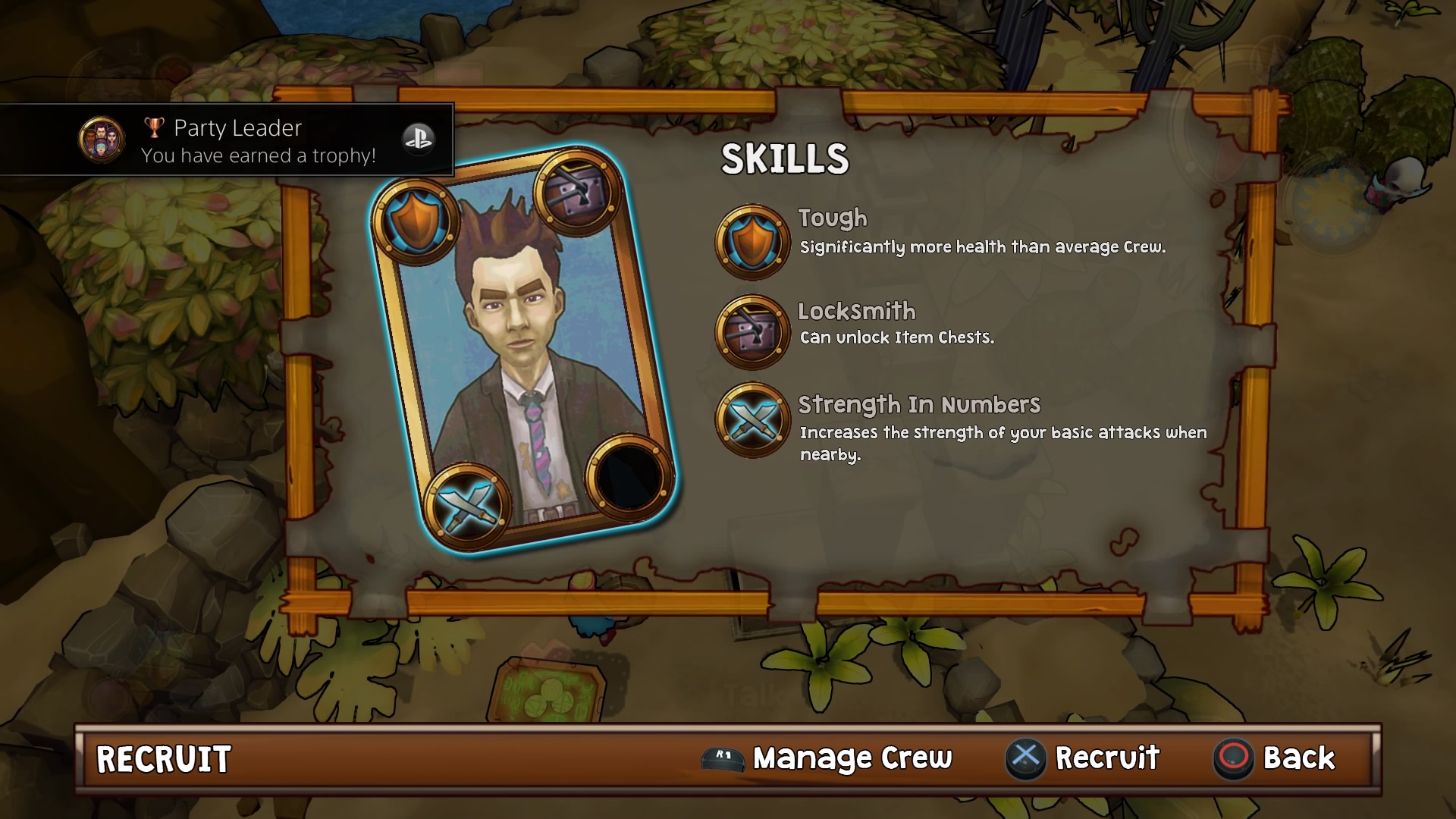
-
Lost Sea Review
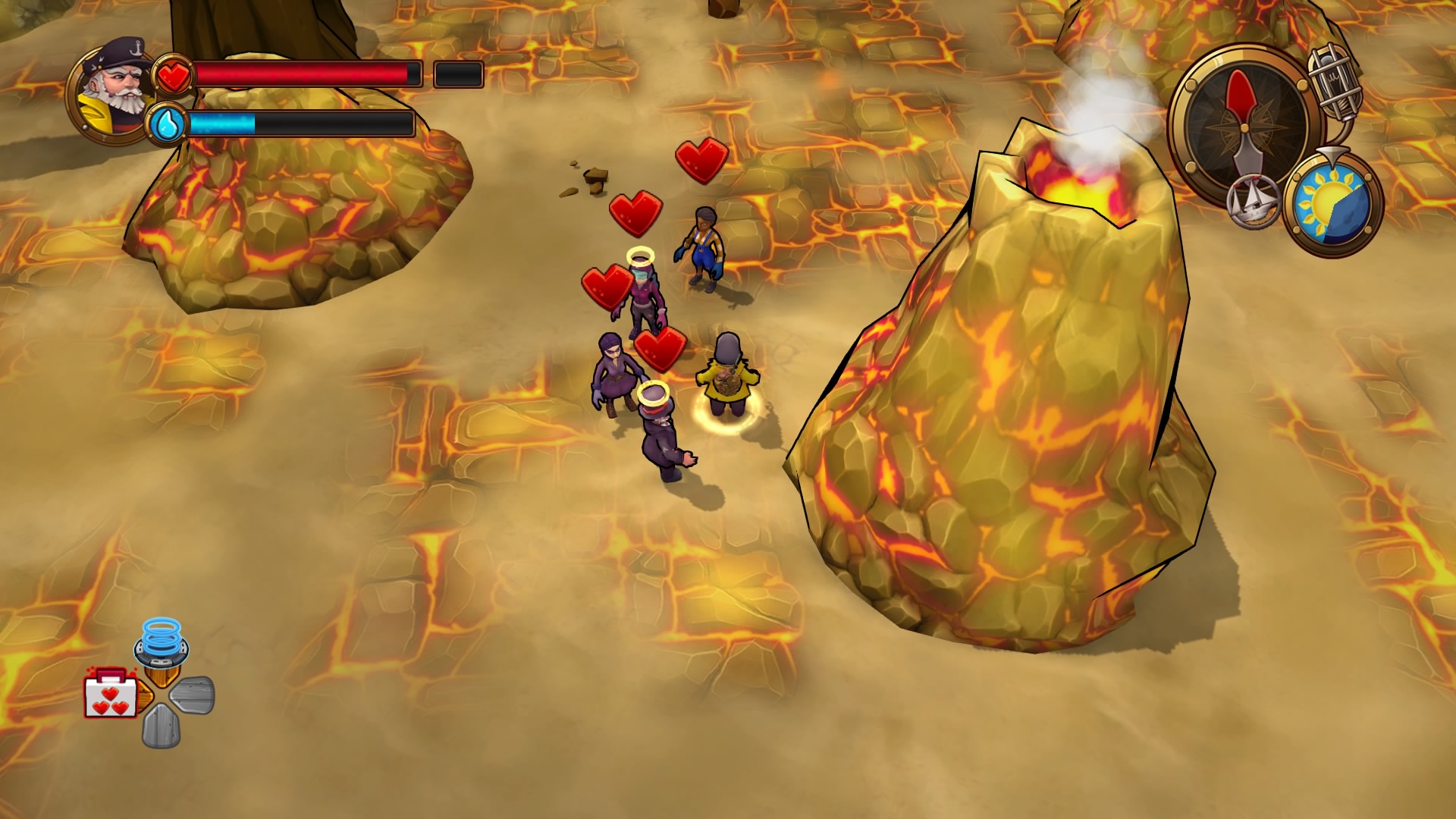
-
Lost Sea Review
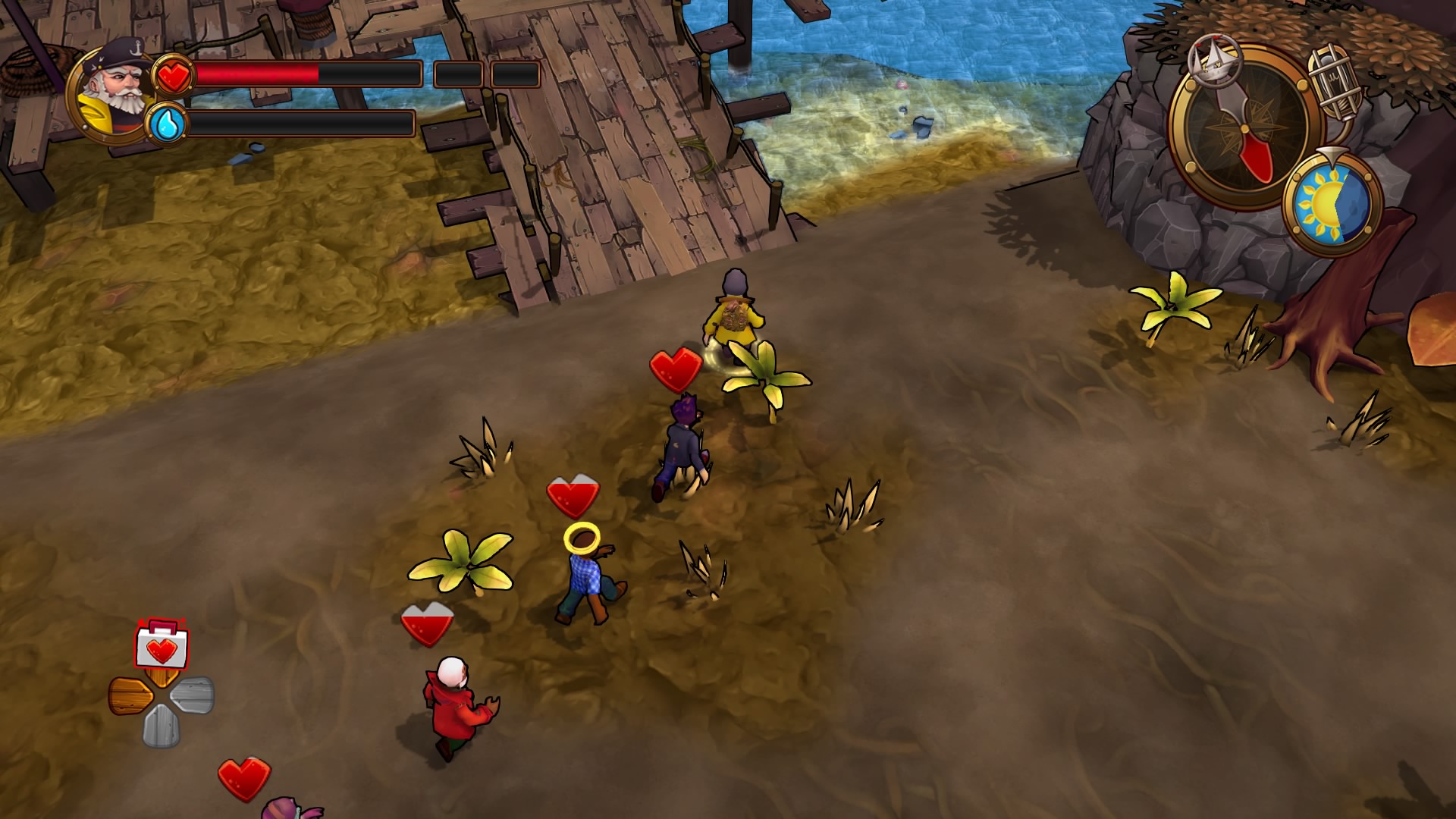
-
Lost Sea Review
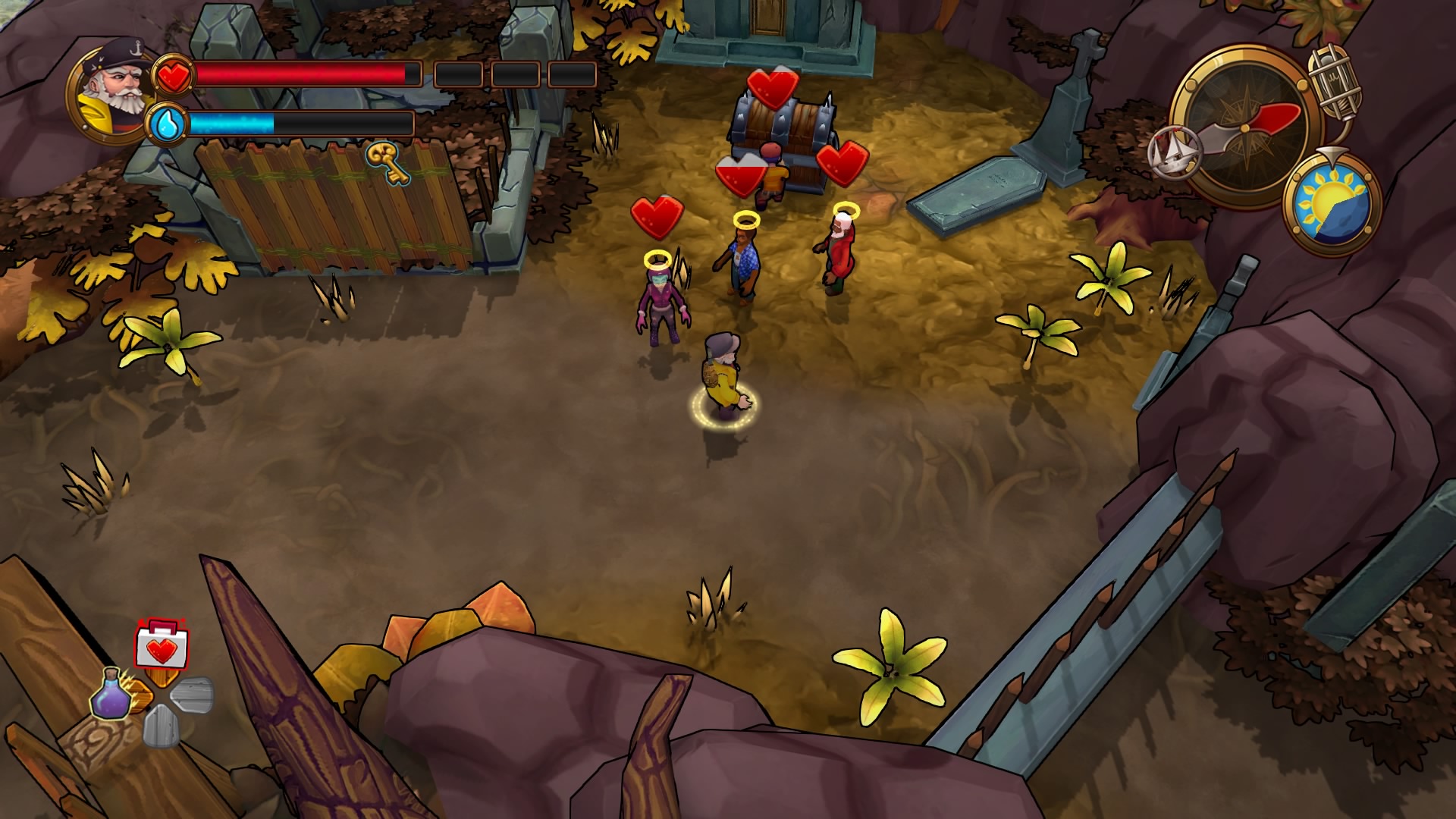
-
Lost Sea Review
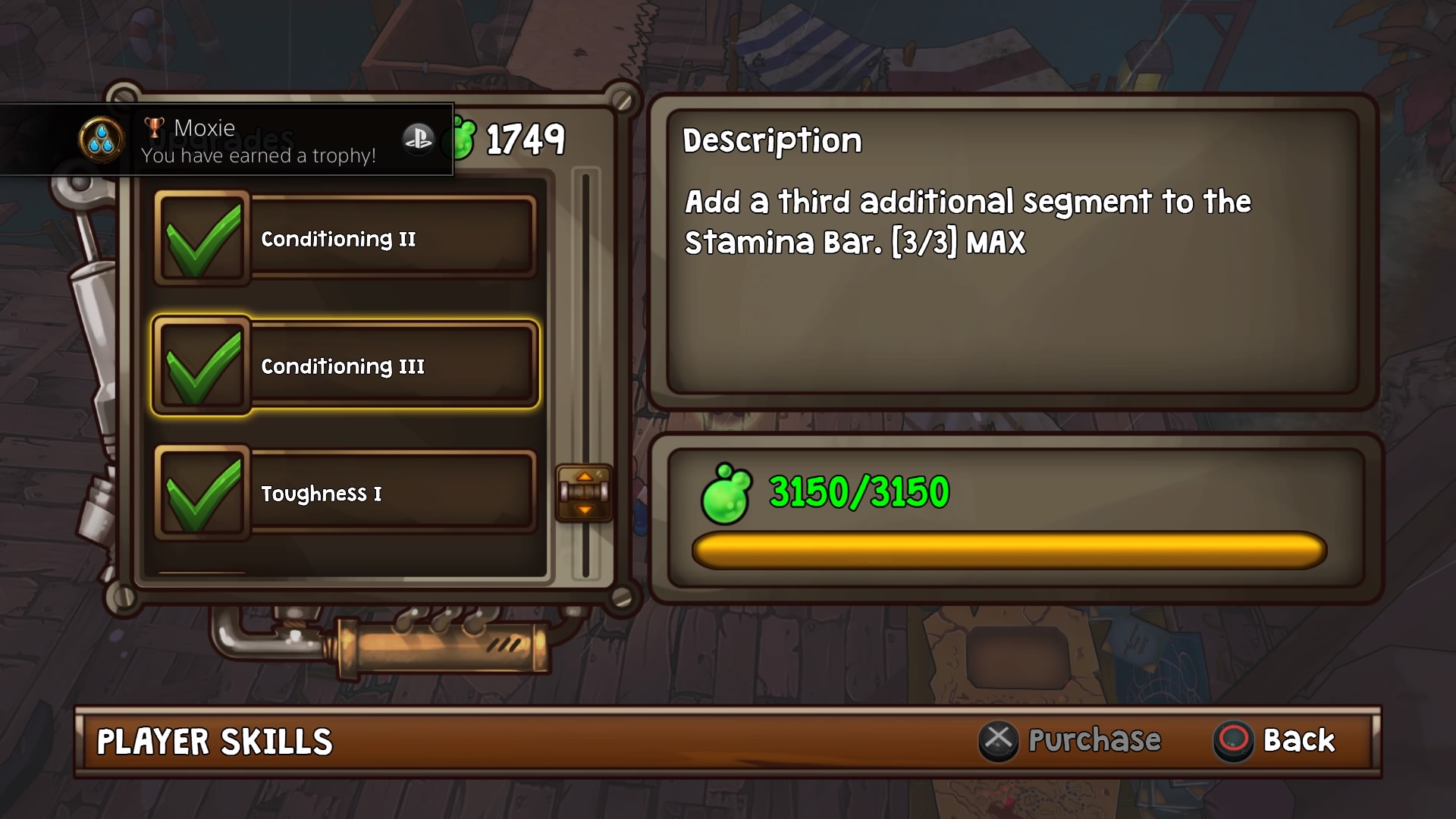
-
Lost Sea Review
